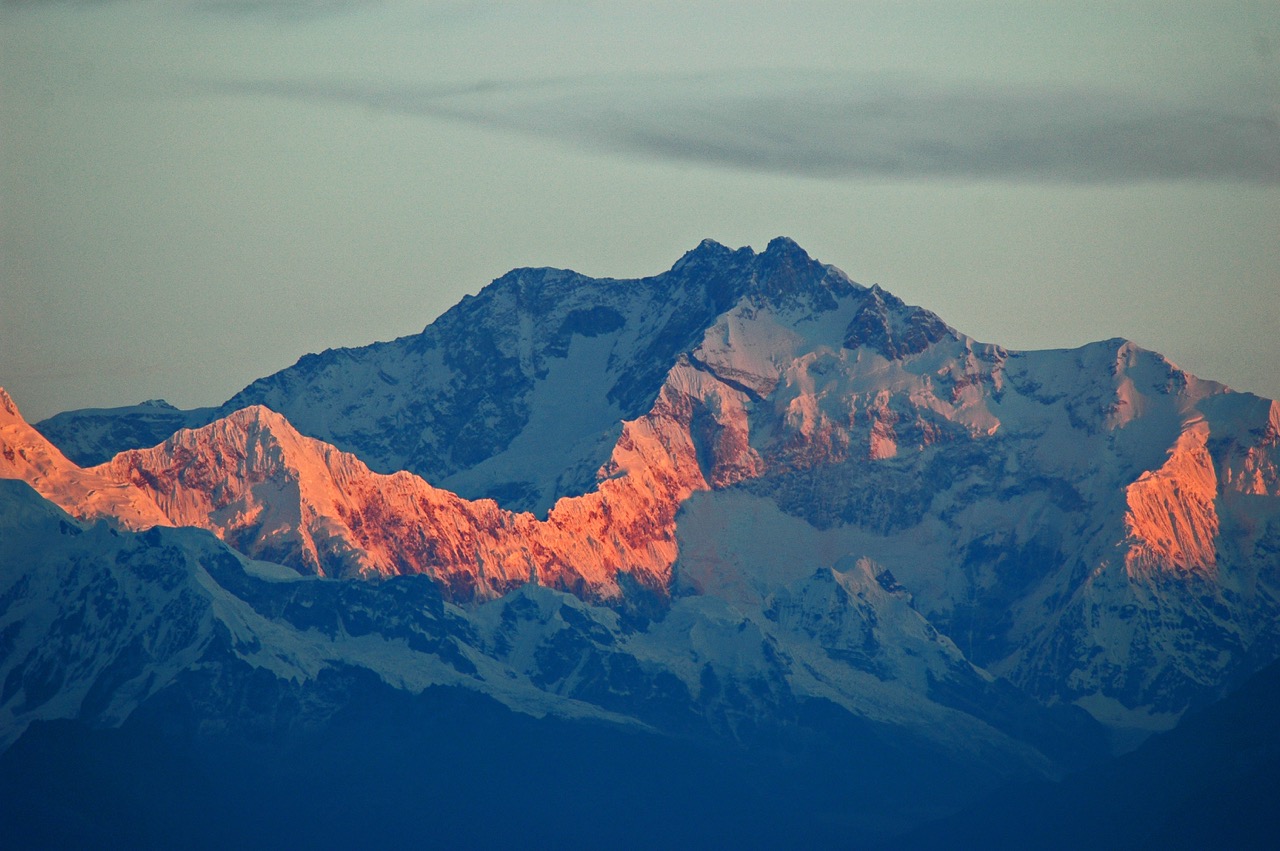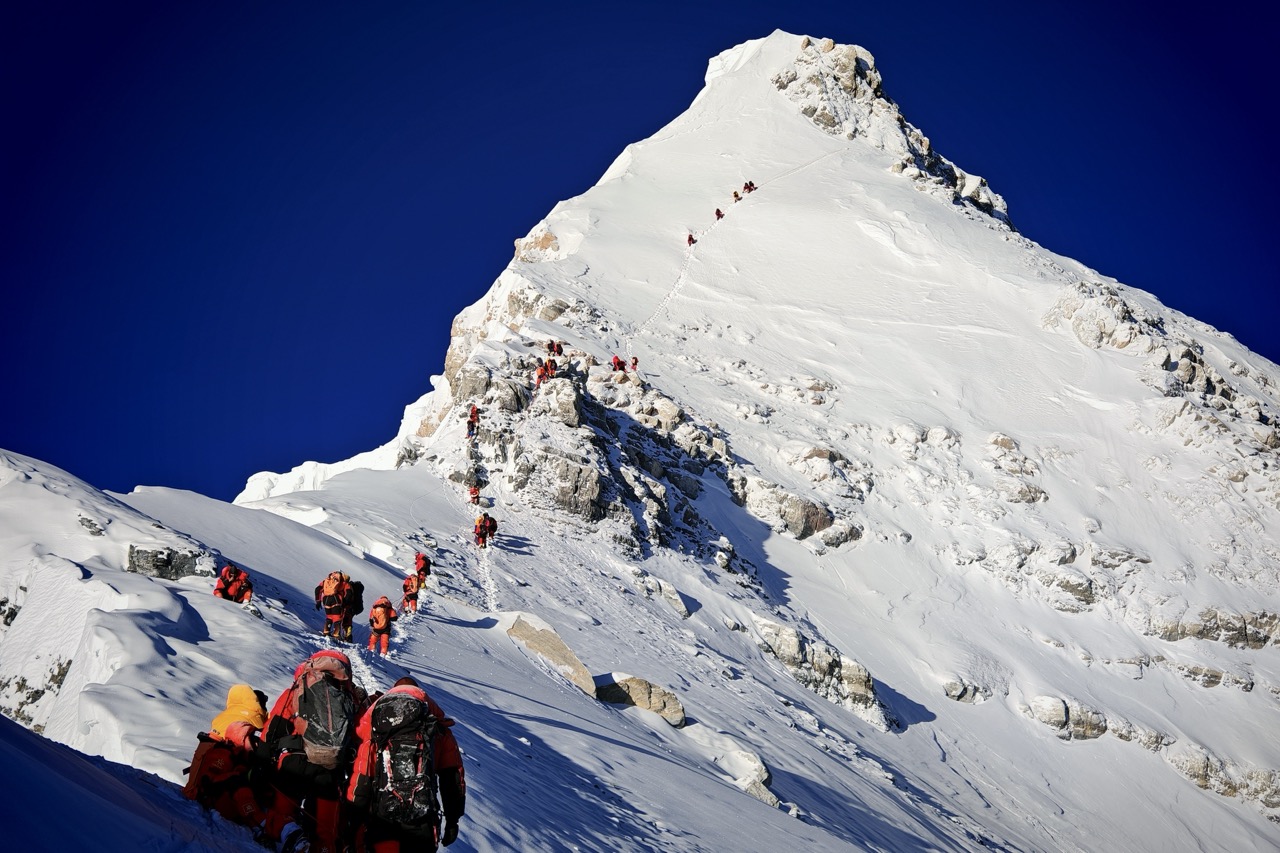
MT. K2 EXPEDITION SUMMER 2026
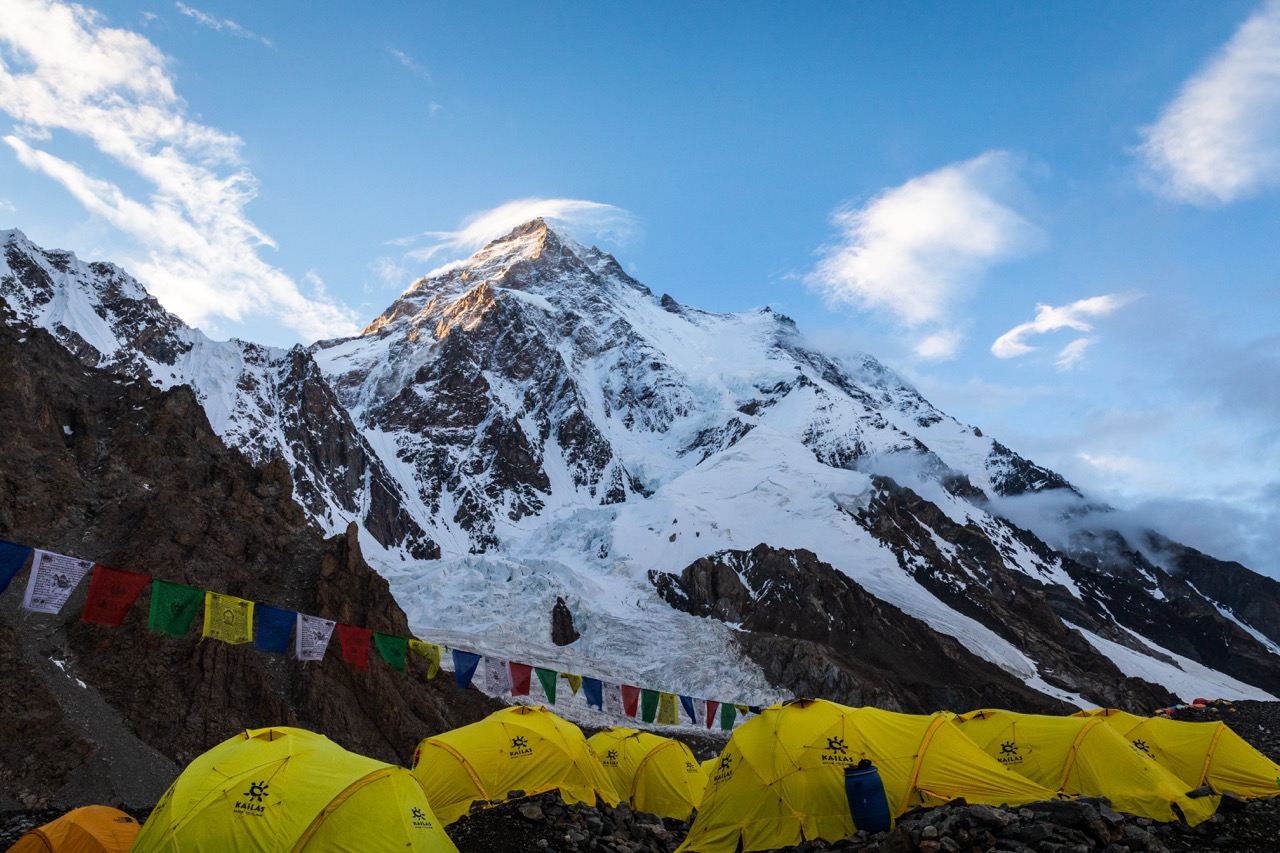

Mount K2 (8,611m), located in the Karakoram Range of Pakistan, is the second-highest mountain in the world and is often referred to as the "Savage Mountain" due to its technical difficulty, unpredictable weather, and steep ascent. Unlike Everest, K2 demands a higher level of technical climbing expertise and resilience, making it a true test for seasoned climbers.
Technical Challenges:
Weather Conditions:
Cultural and Scenic Significance:

Arrival and Departure: Private vehicle transfers between the airport and hotel in Islamabad. Hotel Accommodation in Islamabad: 2 nights in a 4-star hotel, single rooms with bed and breakfast. Welcome Dinner: One dinner in Islamabad with office staff.
Expedition Permit: Royalty and permit fee from the Pakistan Government for climbing Mt. K2. Liaison Officer: Government-appointed officer with full equipment, salary, and accommodation. Garbage Management: Stool shipment transfer and garbage deposit fees.
Duffle Bag: One 14 Peaks duffle bag. Member Luggage: Up to 60 kg per member, carried by porters or mules. Porter Support: Porter services for transportation to and from Base Camp. Base Camp Staff: Experienced Nepalese and Pakistani cooks and kitchen helpers. Staff Salary and Allowance: Salary, daily wages, equipment, food, and clothing for Nepalese and Pakistani staff and porters.
Member Transportation: Round-trip domestic flights between Islamabad and Skardu. Jeep transportation from Skardu to Askole and back. Expedition Equipment Transportation: Nepal to Pakistan (air cargo). Islamabad to Askole (truck/jeep). Askole to Base Camp (porters/mules). Reverse transportation upon return.
Food and Lodging: Three meals per day (including tea and coffee). Accommodation in hotels, lodges, and tents. Fresh vegetables, meat, fruits, and soft drinks provided. Well-managed Base Camp setup. Base Camp Facilities: Individual tents for each member. Dining tent, kitchen tent, communication tent, toilet, shower tent, and staff tents. Mattresses, pillows, tables, chairs, and all necessary cooking gear. Heaters in dining and other necessary tents. Solar panels and a generator for electricity.
Training at Base Camp: Oxygen use, mask regulator, ice wall, and ladder training. Climbing Sherpa Support: 1 veteran climbing Sherpa per member (1:1 ratio). Assistance with carrying gear to high camps. Sherpa salary, allowances, equipment, and clothing. Oxygen Supply: 5 oxygen bottles (4L) per member. 3 oxygen bottles (4L) per Sherpa. 1 set of oxygen mask and regulator per member and Sherpa. Backup oxygen (available at an extra charge). High Camp Services: High-altitude tents. Cooking gas, pots, and high-altitude food for members, Sherpas, and crew. Group climbing gear, fixed and dynamic ropes. Shared tents at high camps (2 members per tent). Rope Fixing Team: Experienced Sherpas to fix the route to the summit (no extra charge).
Satellite Phone: Carried by Sherpa for emergency communication (available for members at an additional charge). Walkie-Talkie: For communication between Base Camp and high camps. Weather Forecast: Regular updates from Meteotest, Bern (Switzerland).
Insurance: Medical and emergency rescue insurance for all Nepalese and Pakistani staff. Medical Kits: Comprehensive medical kit for members and staff.
Climbing Certificate: Issued by the Pakistani Alpine Club upon successful ascent.
Equipment Return: All expedition gear must be returned after the expedition.
International airfare to and from Islamabad. Pakistan visa fees. Personal travel insurance, including high-altitude and evacuation coverage. Laundry, internet, phone calls, and beverages in hotels.
Personal climbing gear, such as boots, harness, crampons, ice axe, and helmet. Sleeping bag and high-altitude down jacket.
Costs associated with flight cancellations or delays. Additional porters for personal baggage beyond the allowed limit. Extra nights in Islamabad or Skardu due to unforeseen circumstances.
Costs for evacuation, rescue operations, or medical emergencies not covered by insurance. Medication and personal first-aid supplies.
Tips for guides, porters, and support staff (at your discretion).
Costs for personal equipment repairs or replacement during the expedition. Any expenses not mentioned in the inclusion list.
International Airfare: Round-trip flight costs to and from Islamabad. Pakistan Entry Visa Fee: Visa fee for a 90-day stay in Pakistan.
Meals in Cities: Lunch and dinner in Islamabad and Skardu, including early returns from the expedition. Extra Accommodation: Additional nights in Islamabad and Skardu due to early arrival, late departure, or unexpected return from the expedition.
Insurance Policy: Comprehensive insurance covering medical emergencies, high-altitude evacuation, trip cancellation, interruption, rescue, medical treatment, and repatriation (Mandatory). Personal Expenses: Costs for telephone calls, internet, toiletries, battery recharge, hot showers, laundry, and soft and alcoholic drinks during the trek and in Islamabad & Skardu.
Personal Climbing Equipment: Personal clothing, bags, medical kit, and all personal trekking/climbing equipment. Toiletries: Soaps, shampoos, toilet paper, tissue paper, toothpaste, and other personal hygiene items.
Summit Bonus: Minimum $2,000 USD for the climbing Sherpa. Tips for Staff: Minimum $400 USD for Base Camp and high-altitude staff. Extra Services: Any services or activities not mentioned in the itinerary or listed in the “Cost Includes” section.

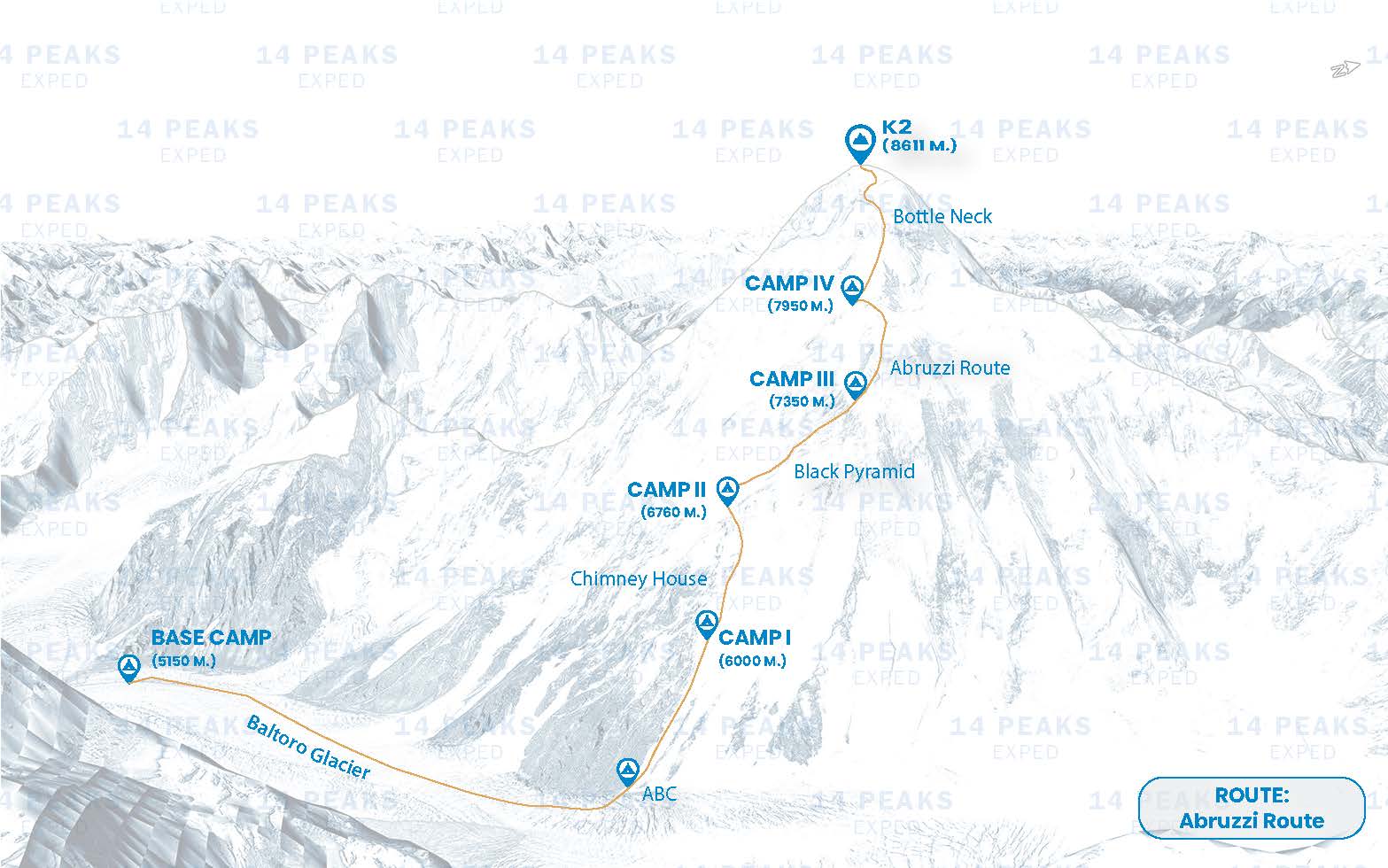


 Debit/Credit Card
Debit/Credit Card
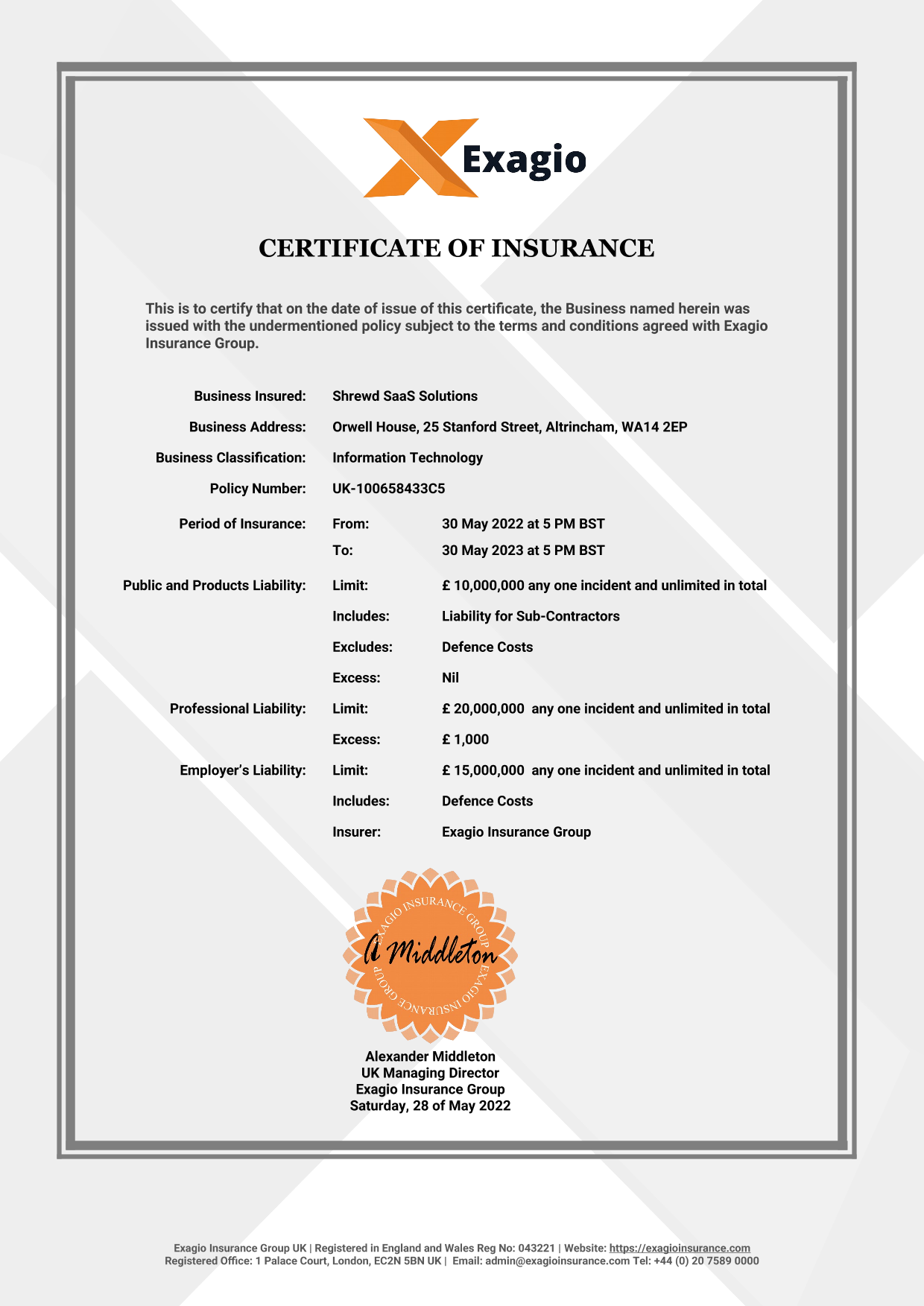 Insurance Paper/Certificate
Insurance Paper/Certificate
 PP Size Photos(4 Pieces)
PP Size Photos(4 Pieces)
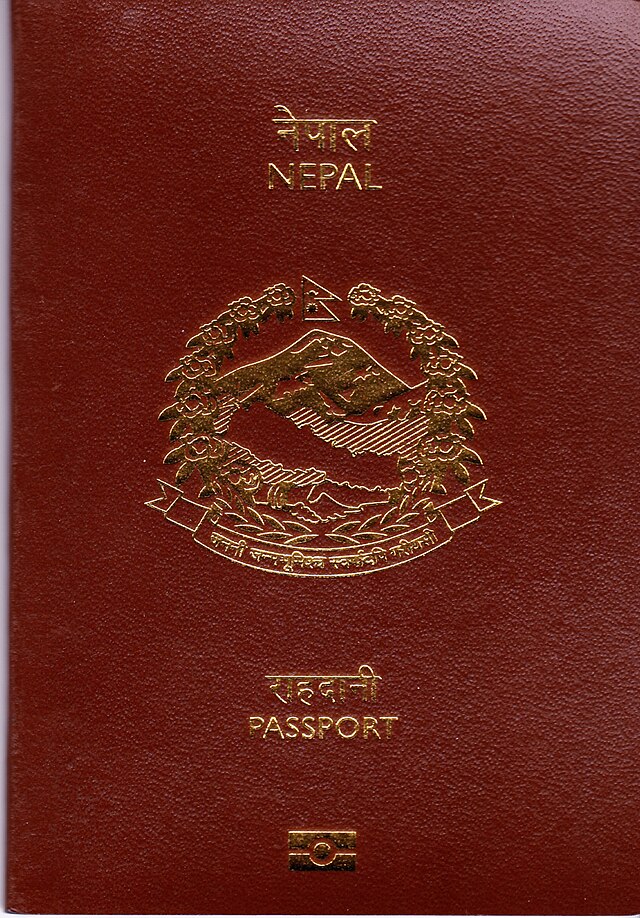 Valid Passport
Valid Passport
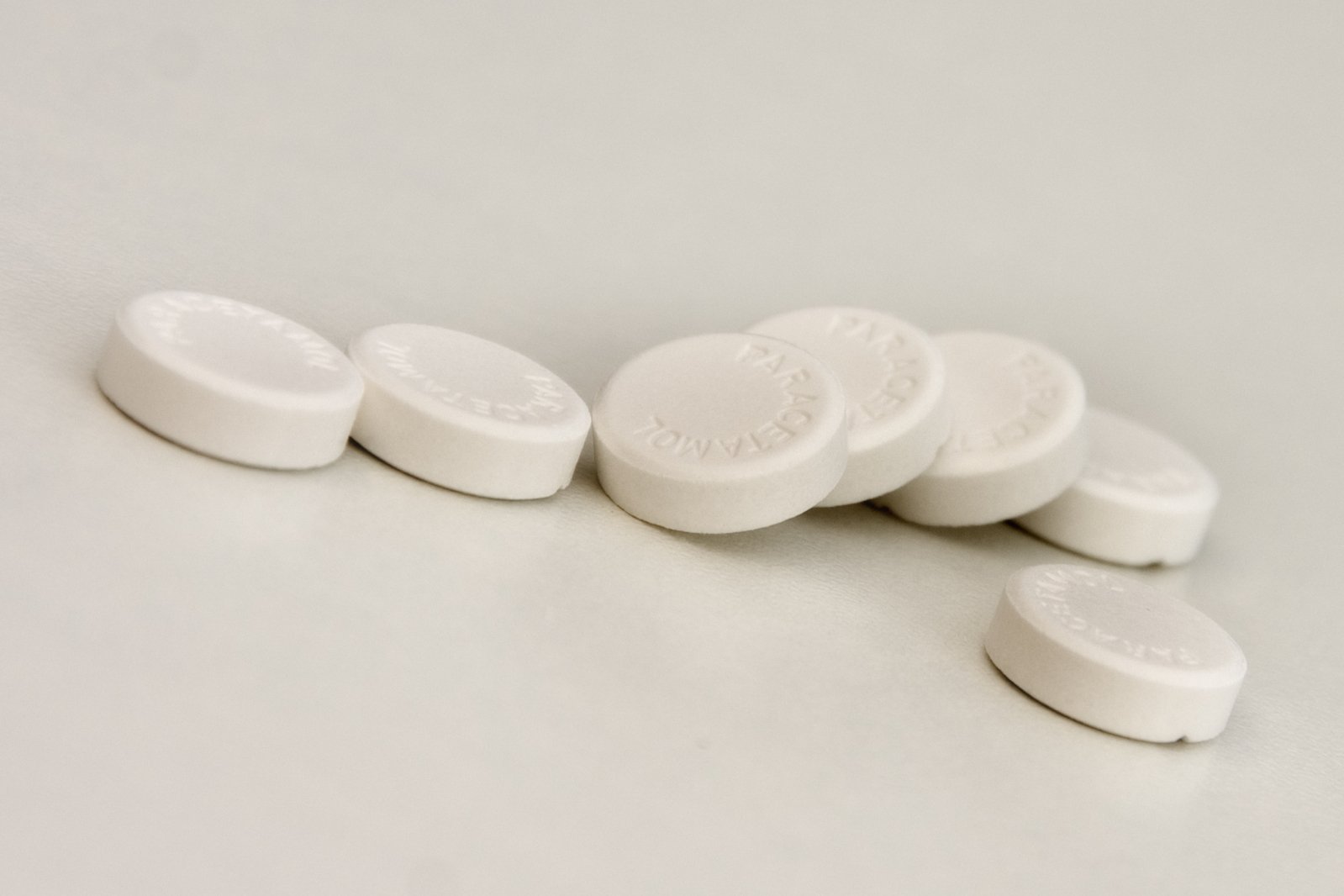 Paracetamole
Paracetamole
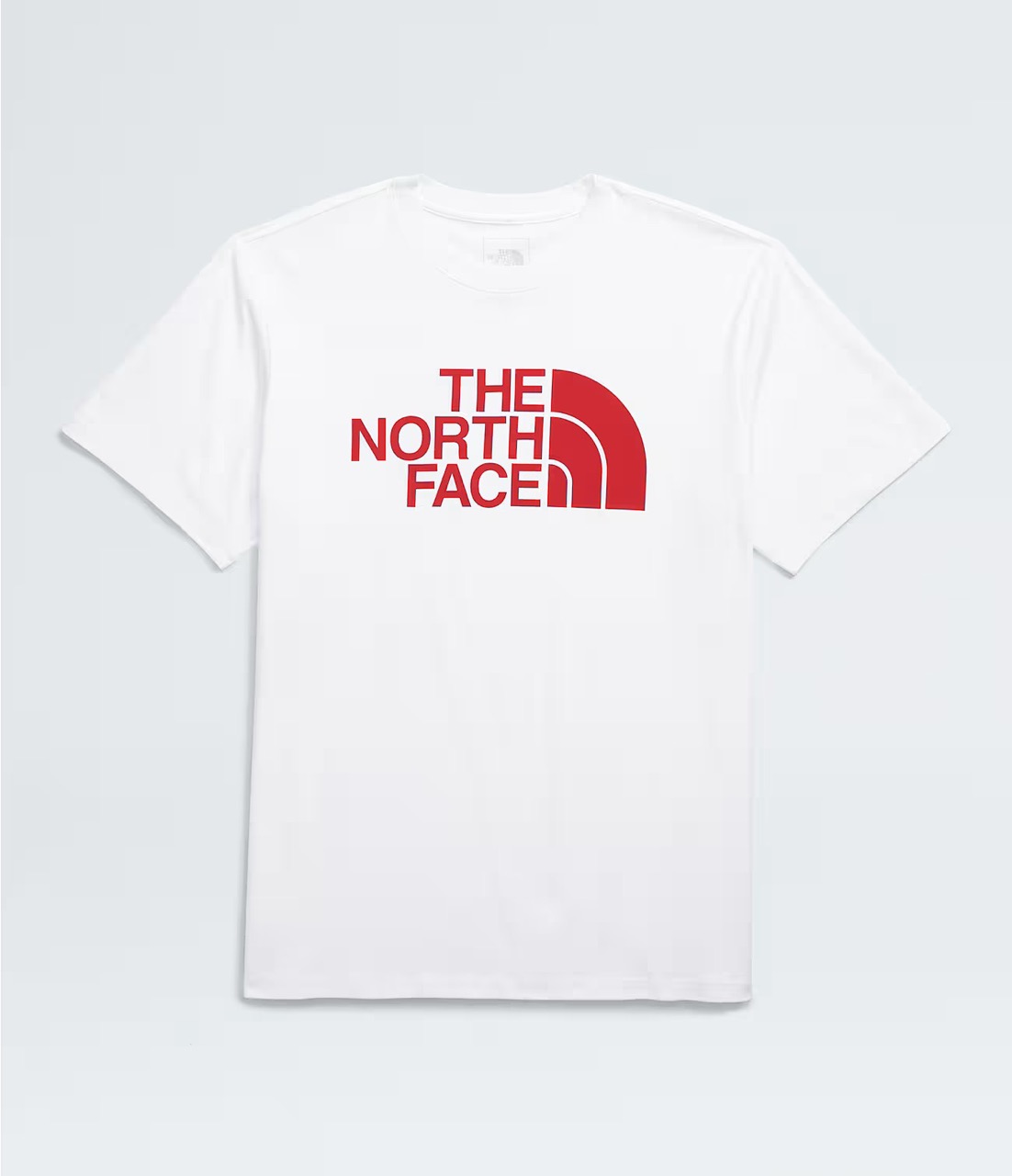 Cotton T-Shirt
Cotton T-Shirt
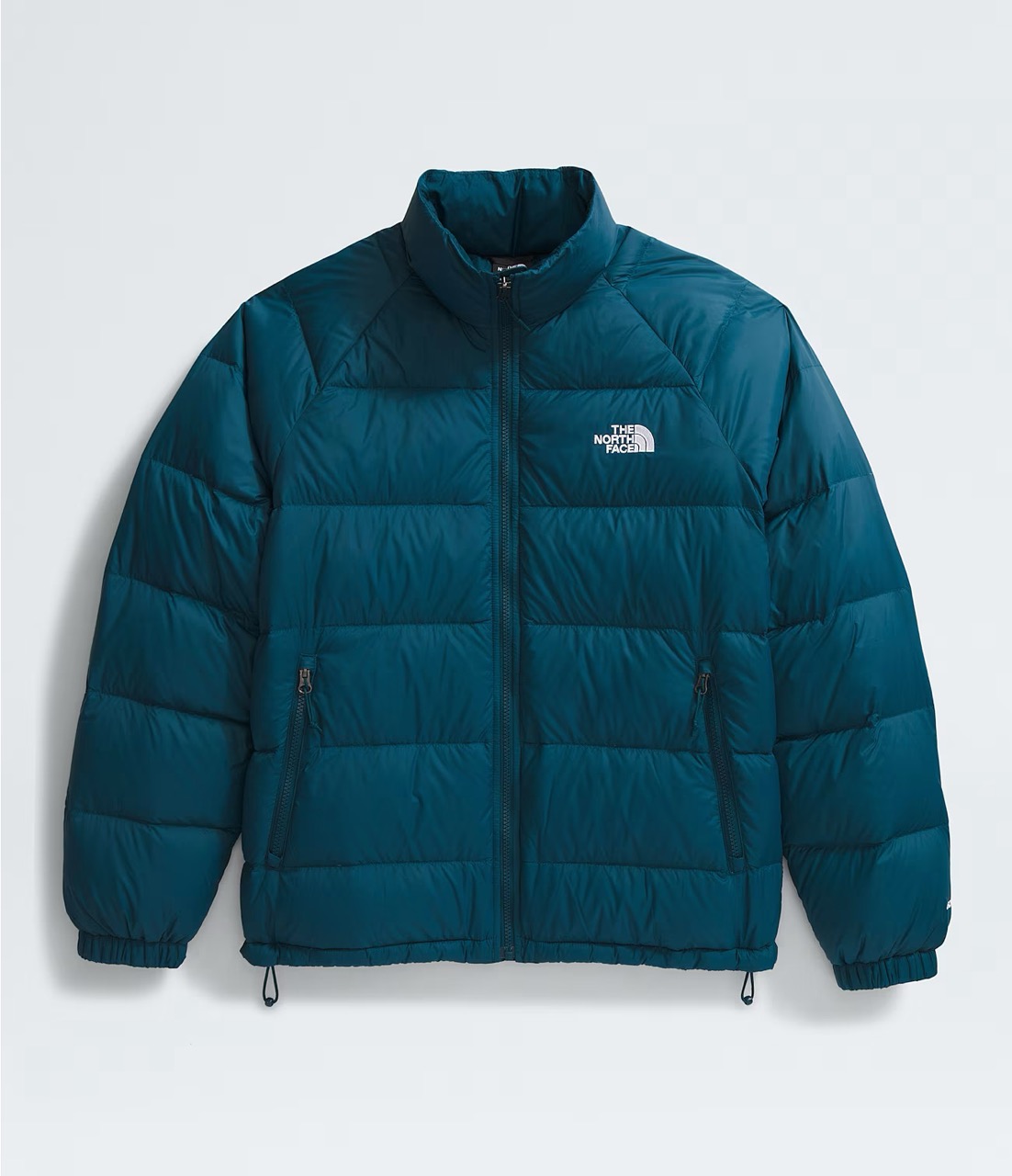 Down Jacket
Down Jacket
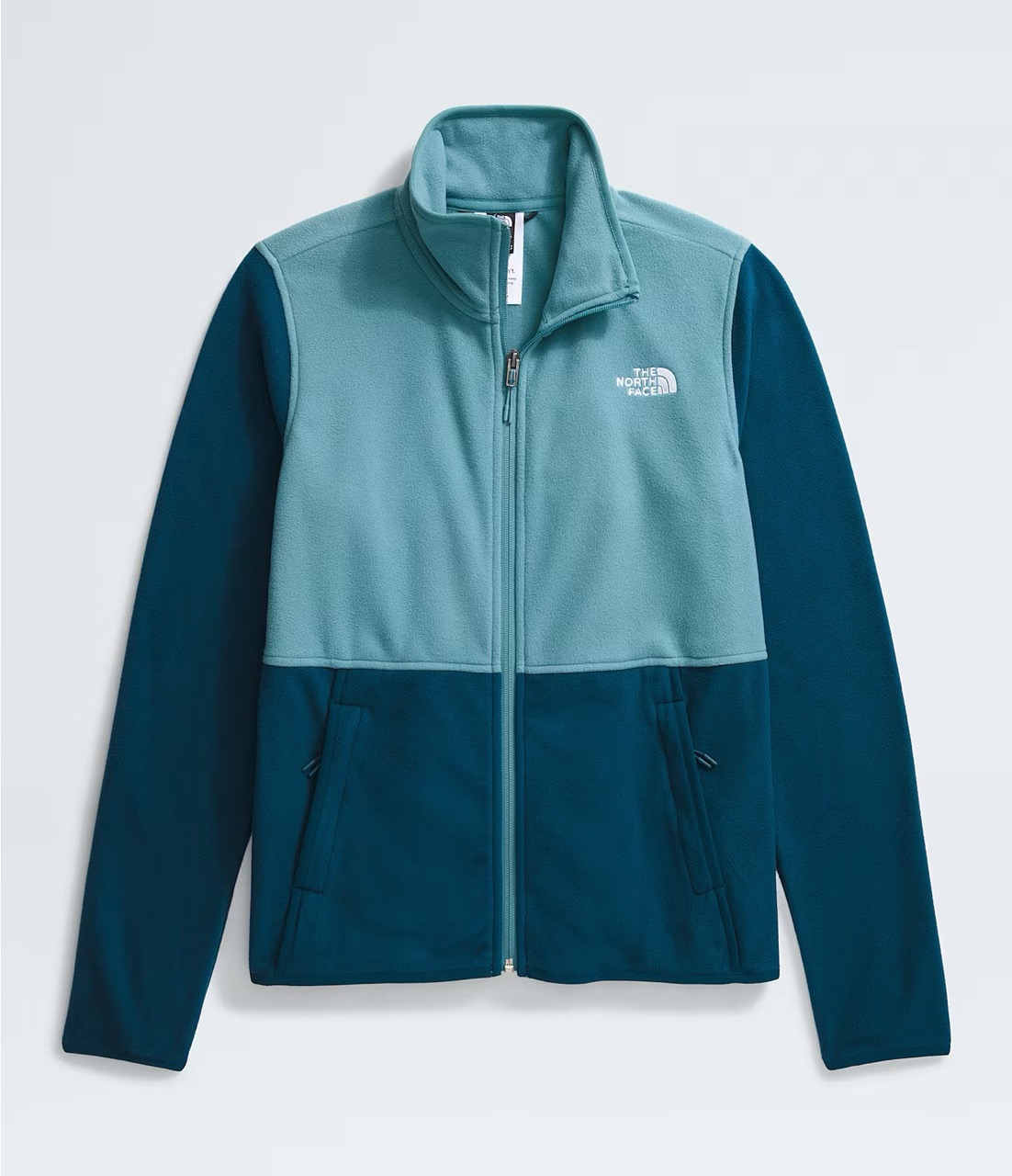 Fleece Jacket
Fleece Jacket
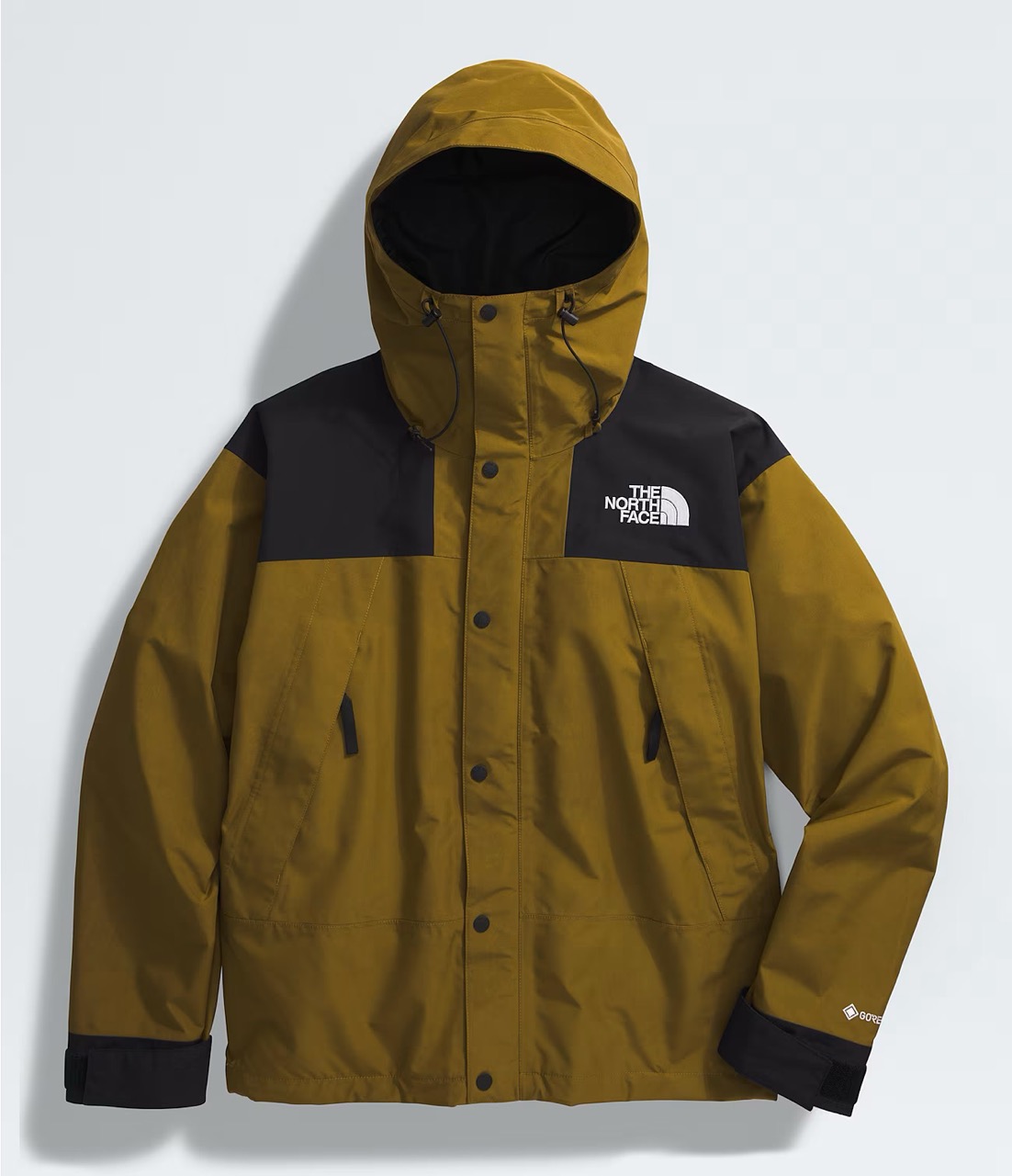 Gore Tex Jacket
Gore Tex Jacket
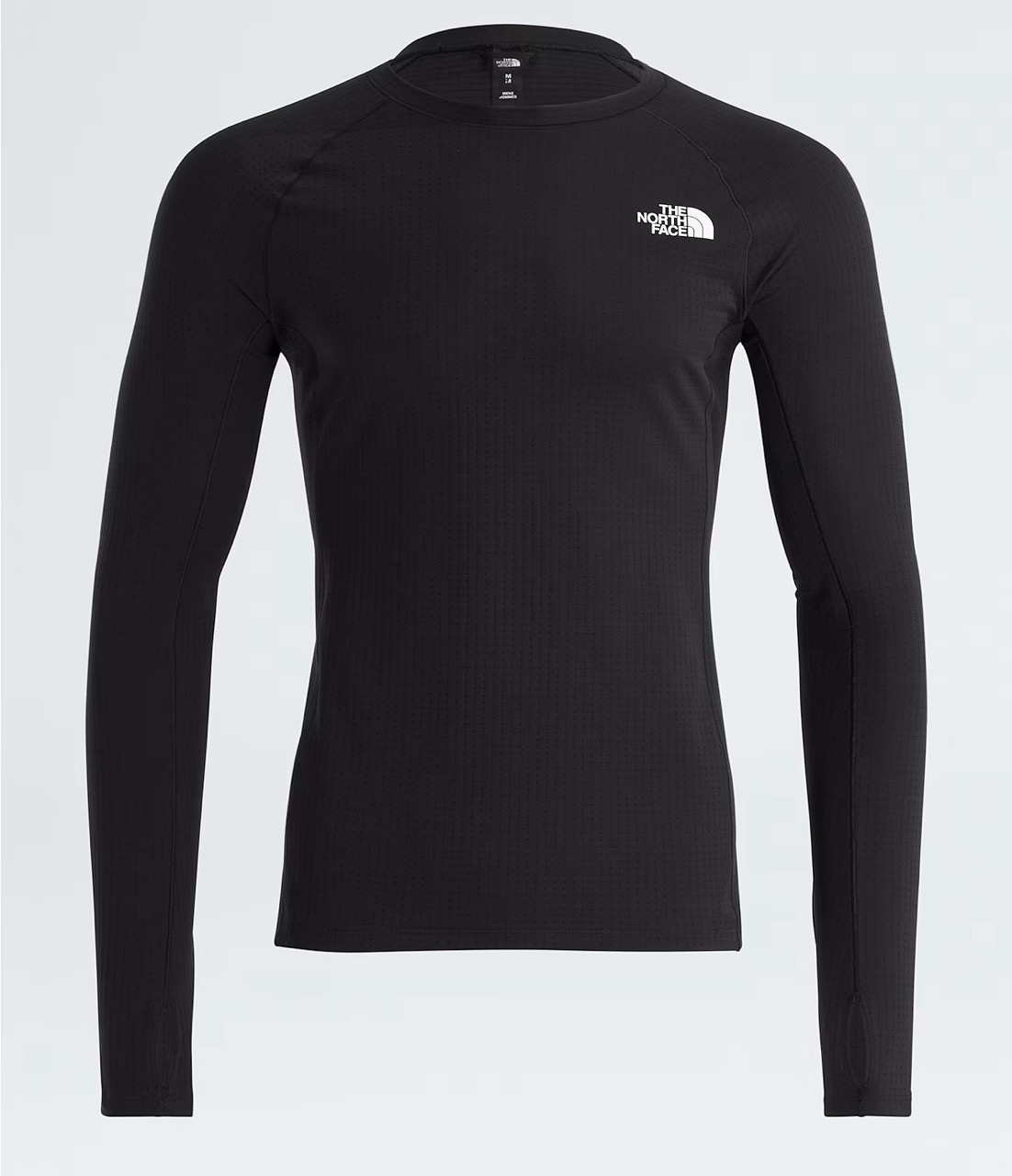 Thermal Base Layer
Thermal Base Layer
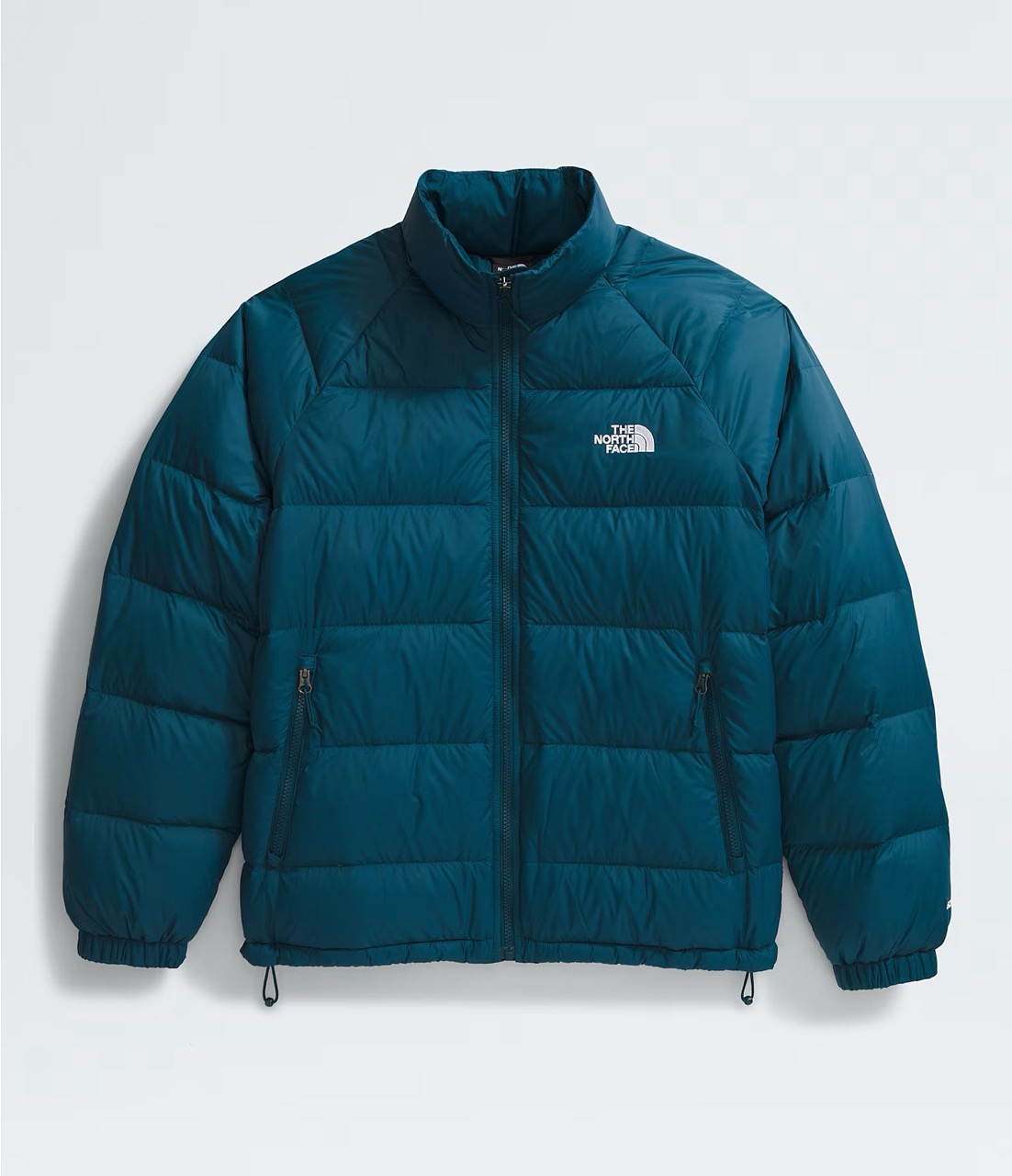 Warm Jacket
Warm Jacket
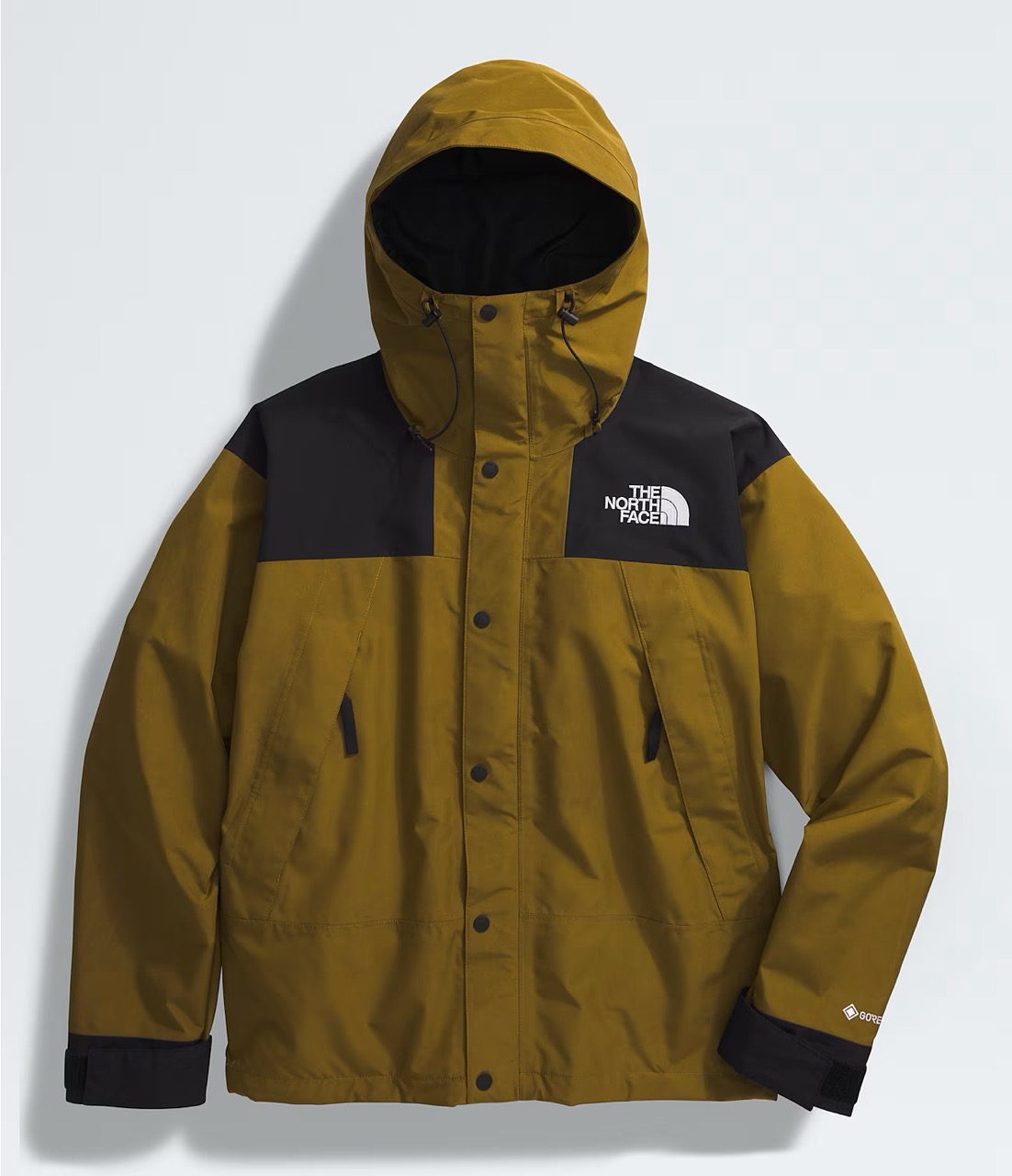 Wind Proof Jacket
Wind Proof Jacket
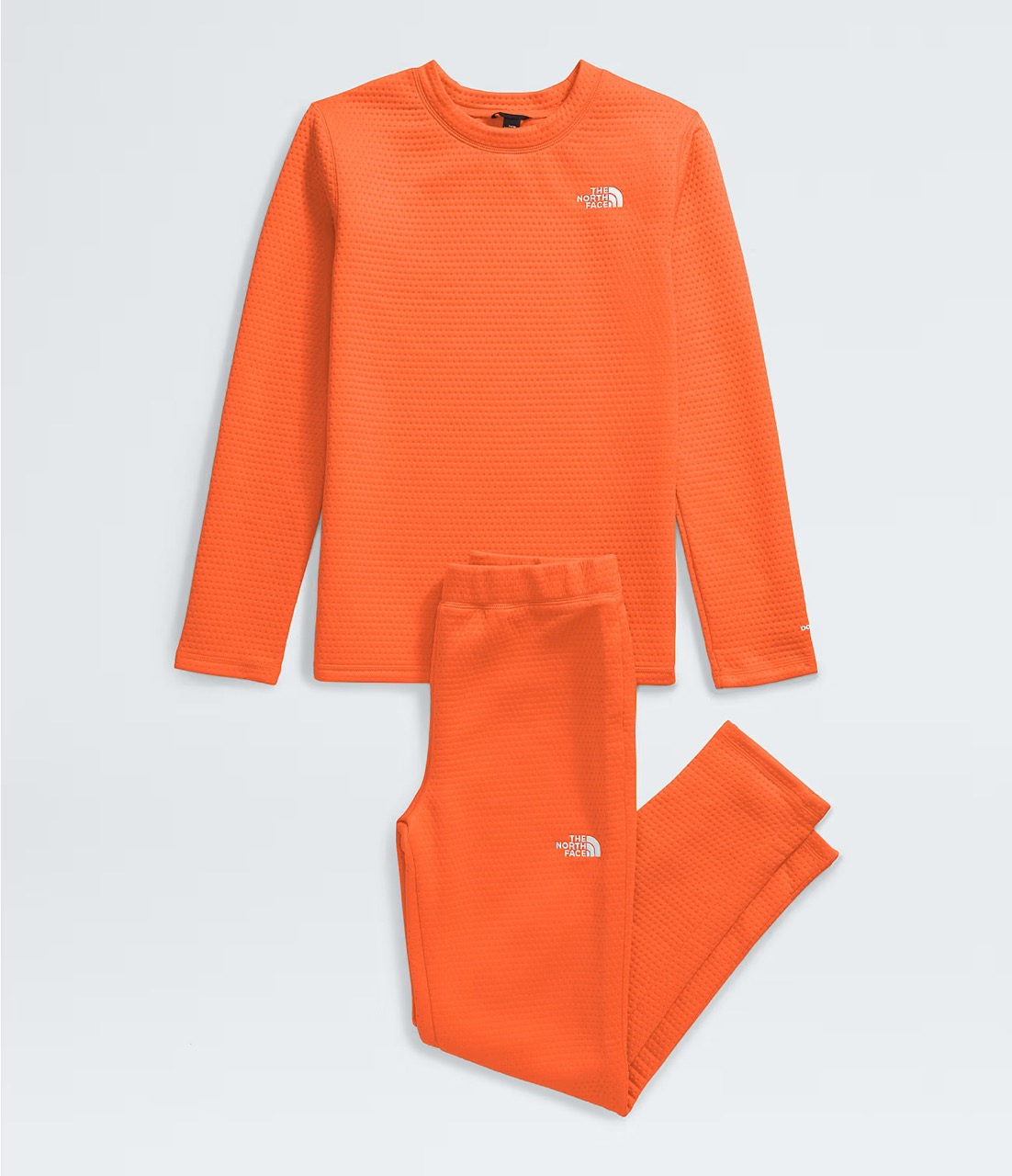 Bottom Base Layer
Bottom Base Layer
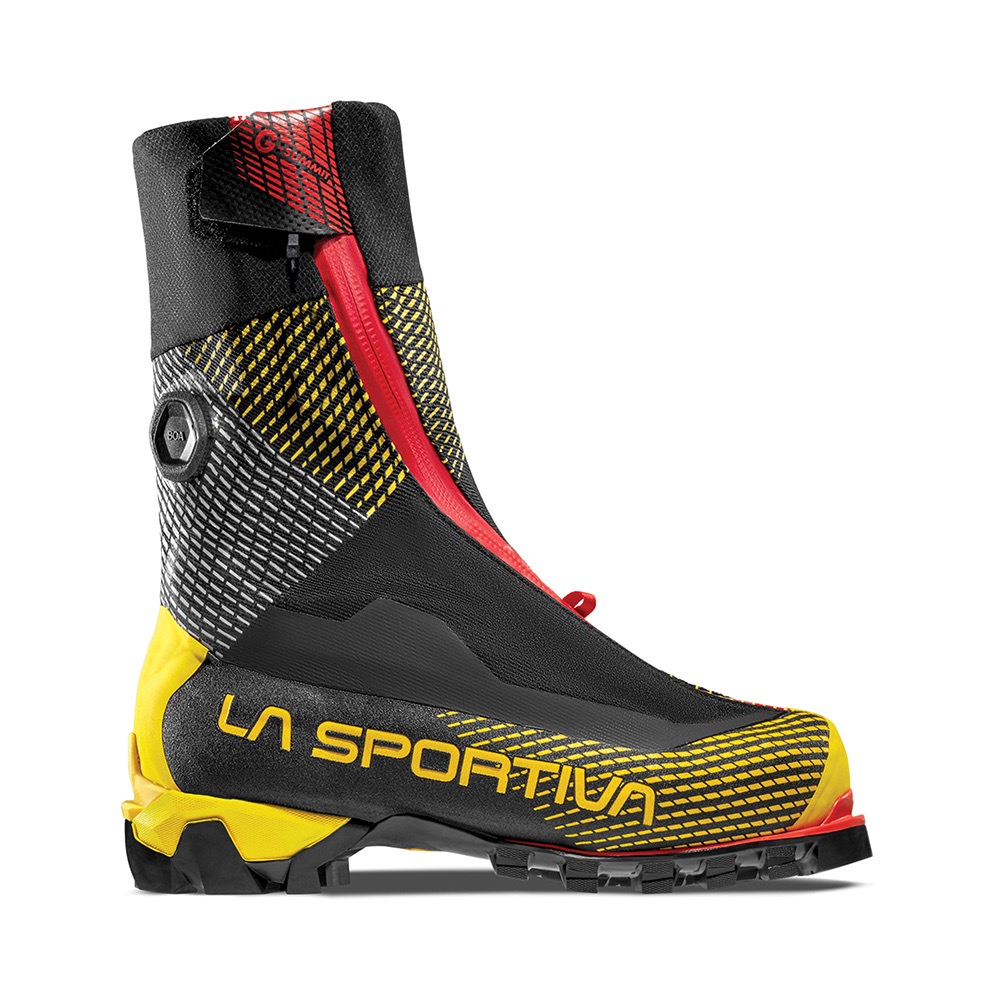 Climbing Boot -6000m
Climbing Boot -6000m
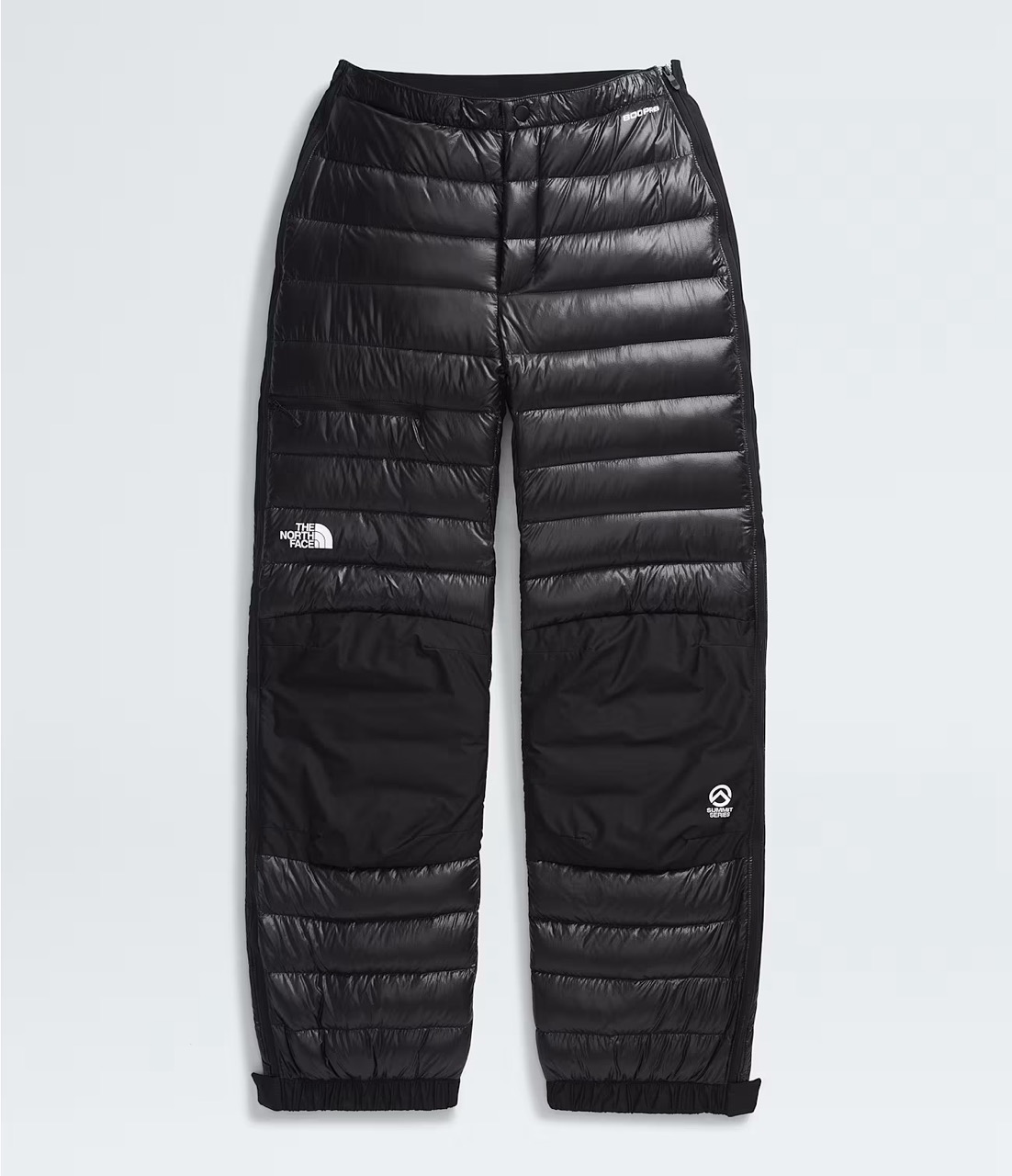 Down Pant
Down Pant
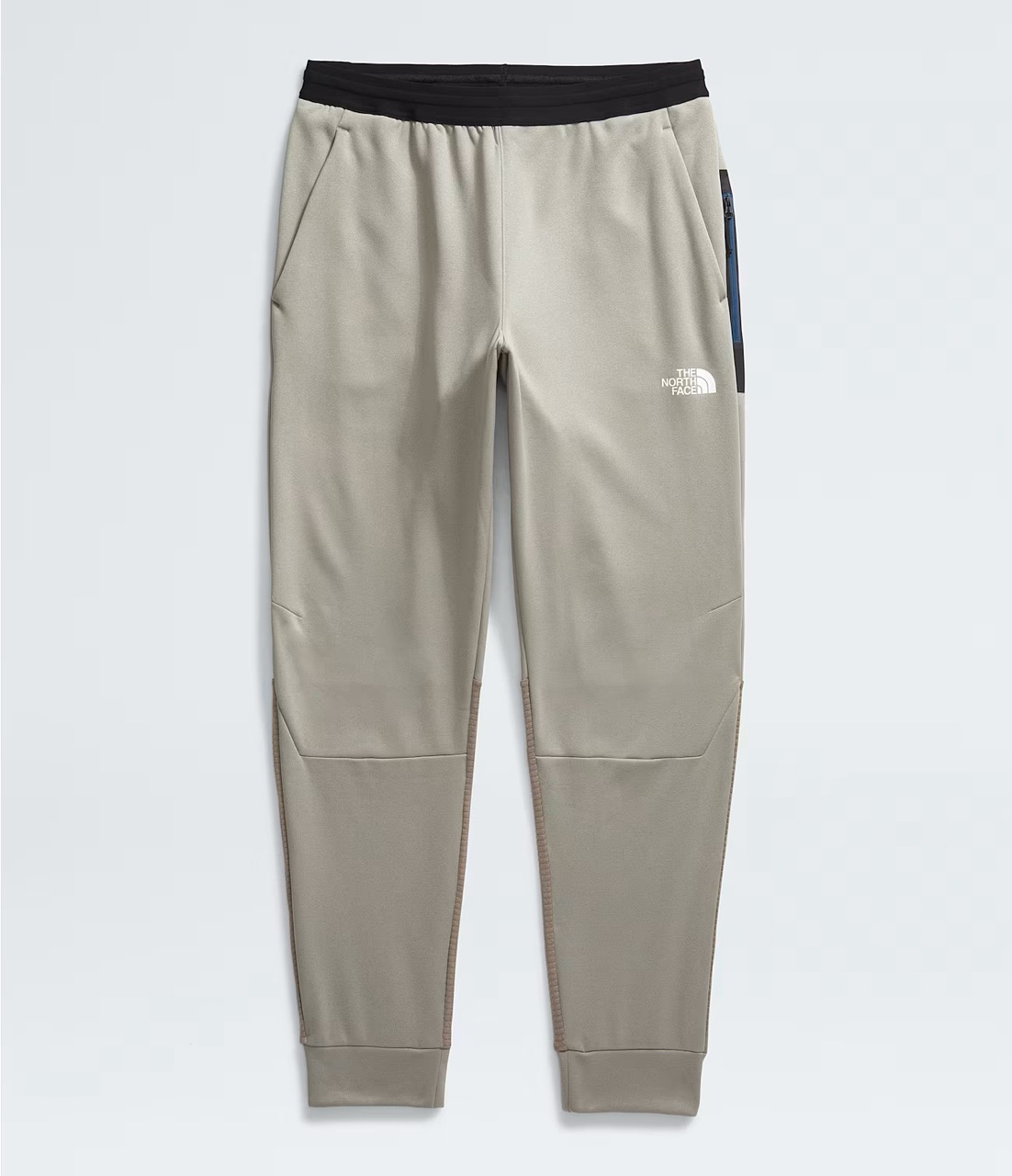 Fleece Trouser
Fleece Trouser
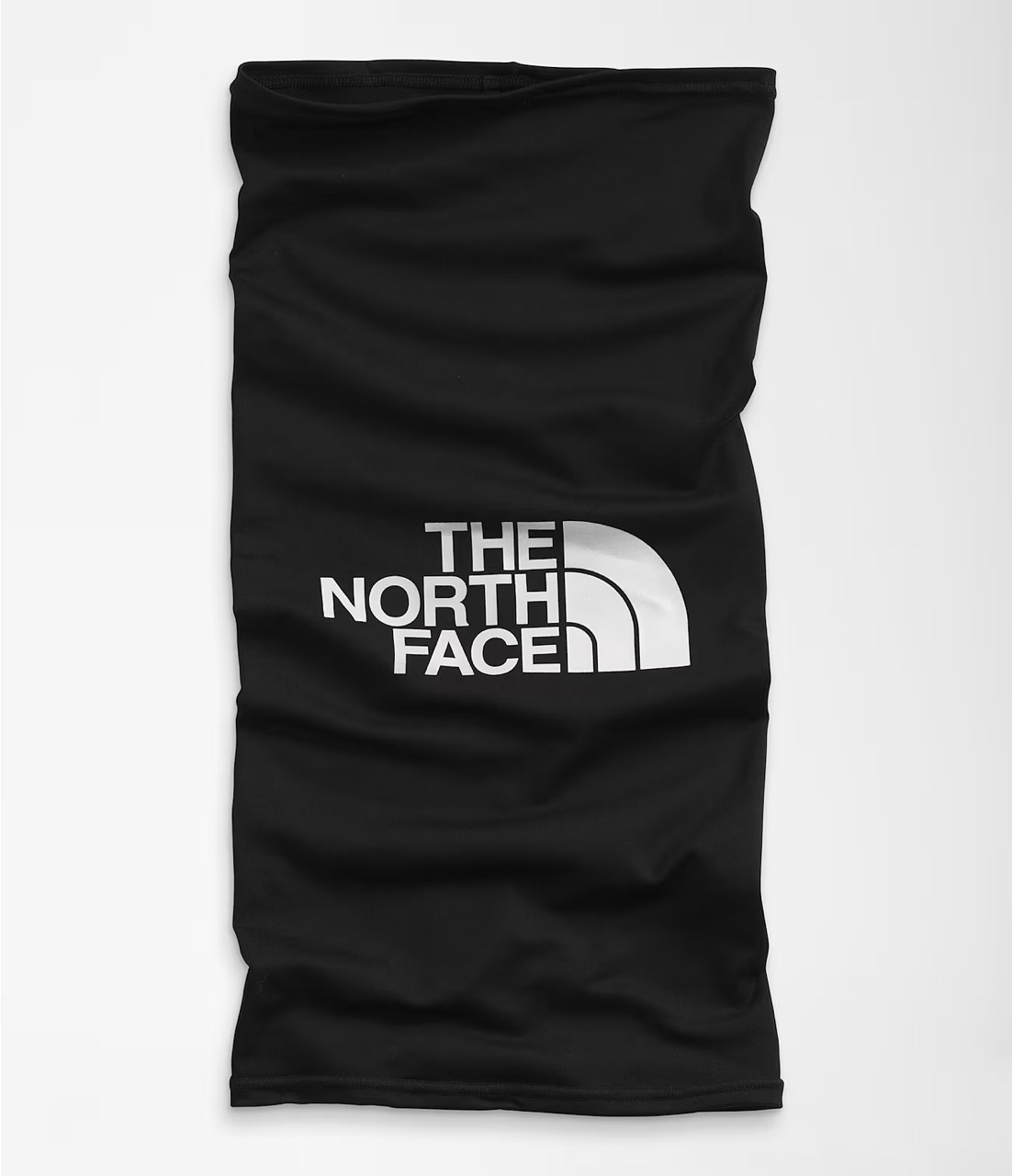 Gaiters for Trekking Boots
Gaiters for Trekking Boots
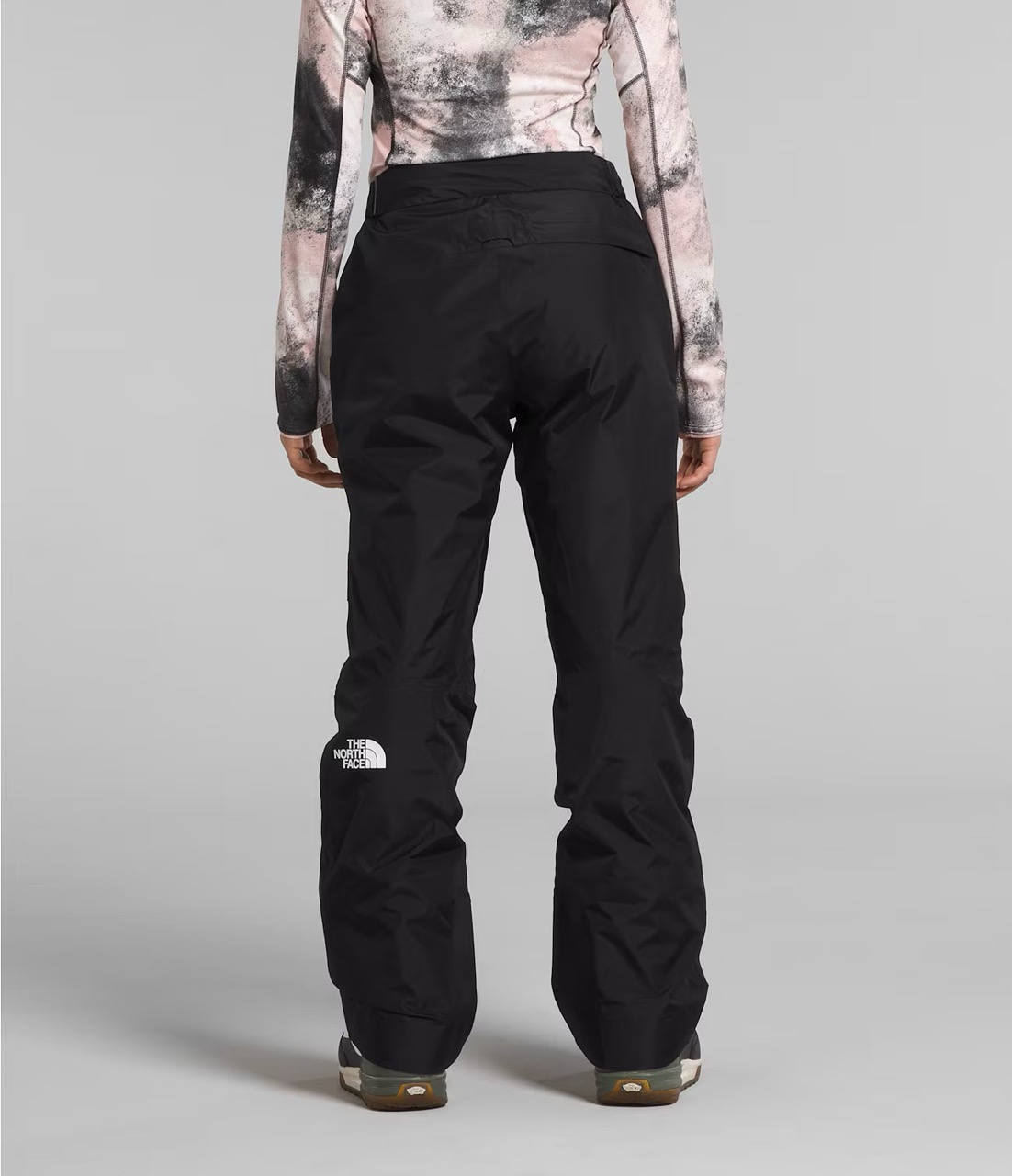 Gore Tex Pant
Gore Tex Pant
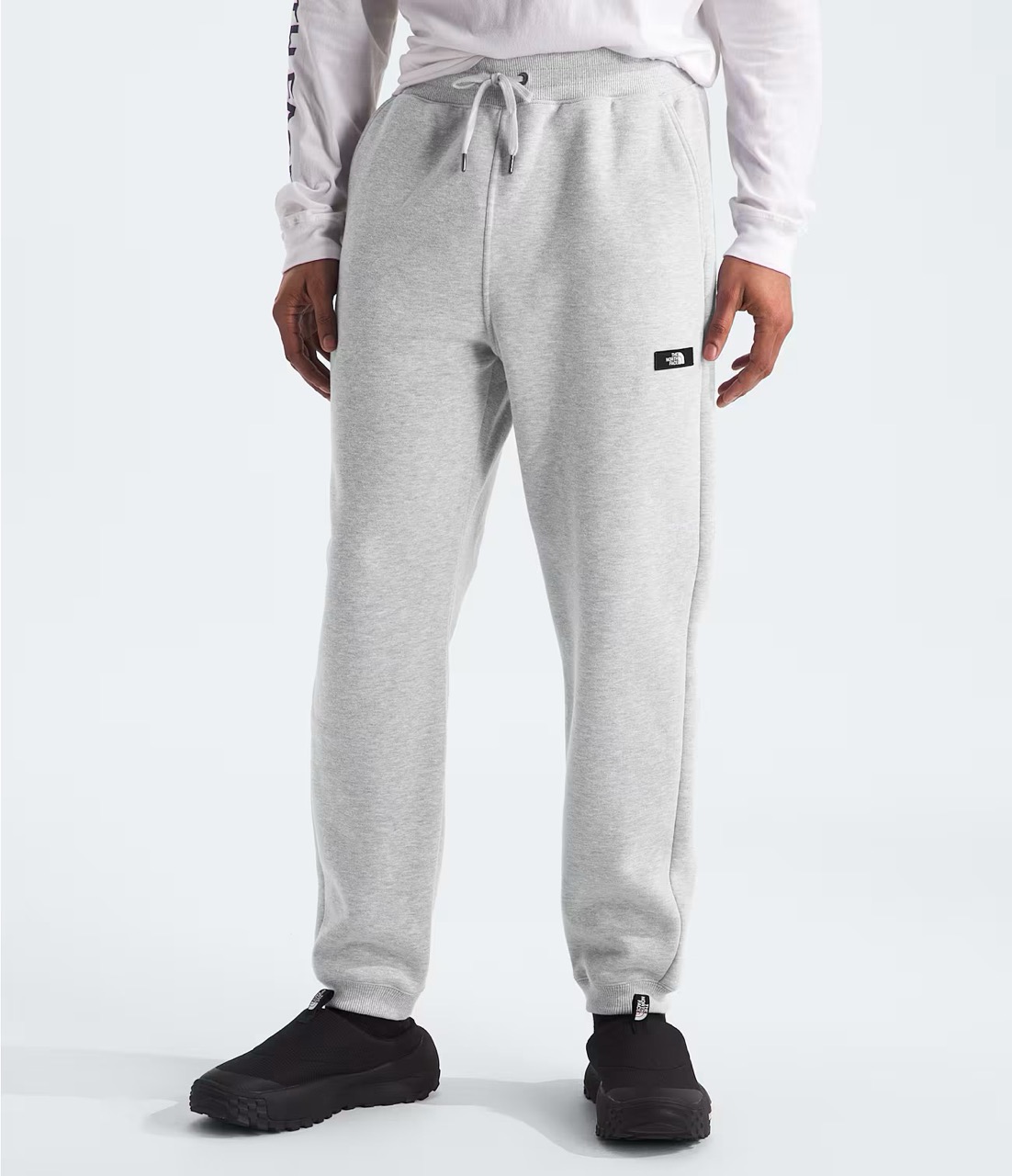 Heavy Weight Pant
Heavy Weight Pant
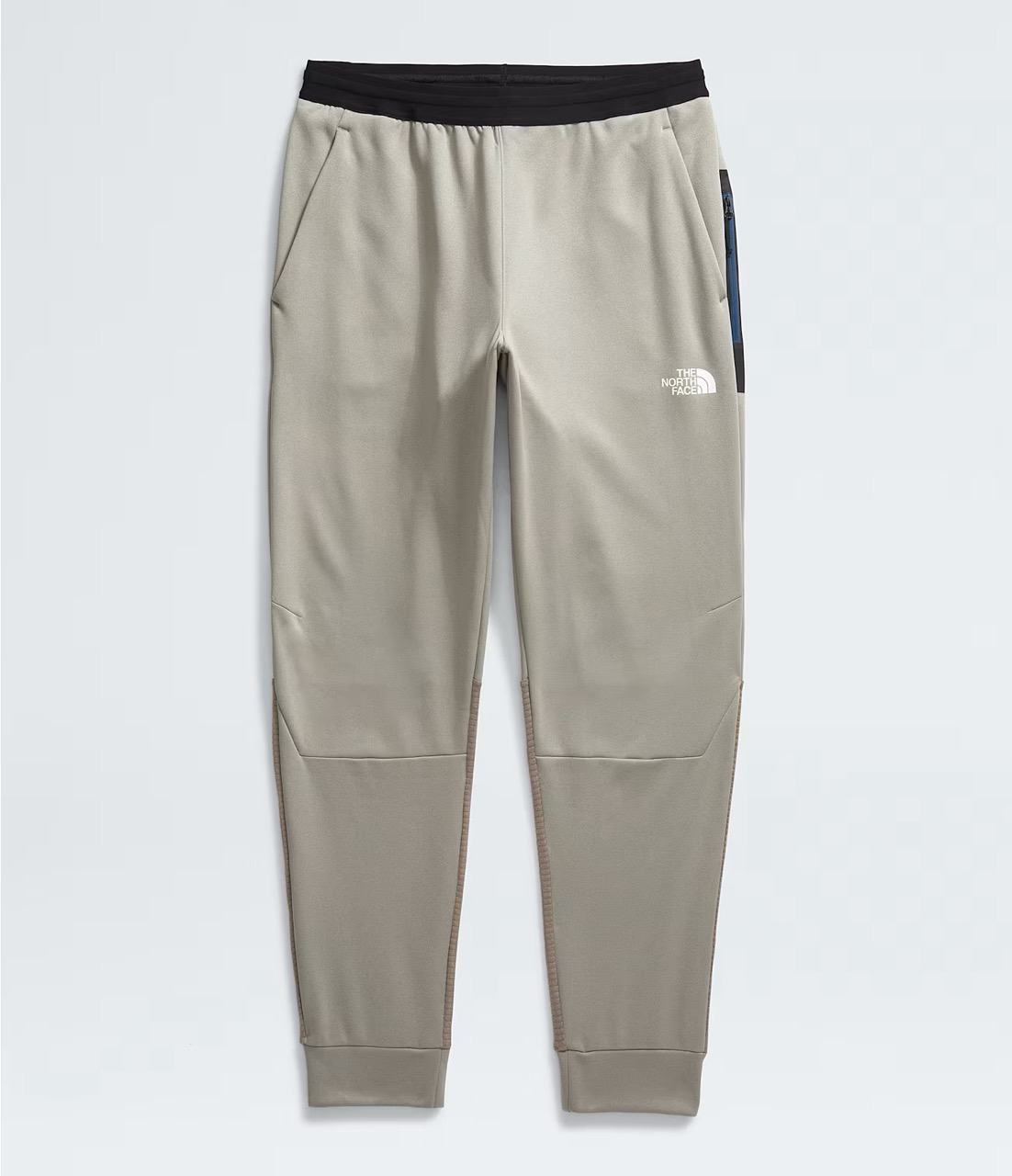 Mid Weight Pant
Mid Weight Pant
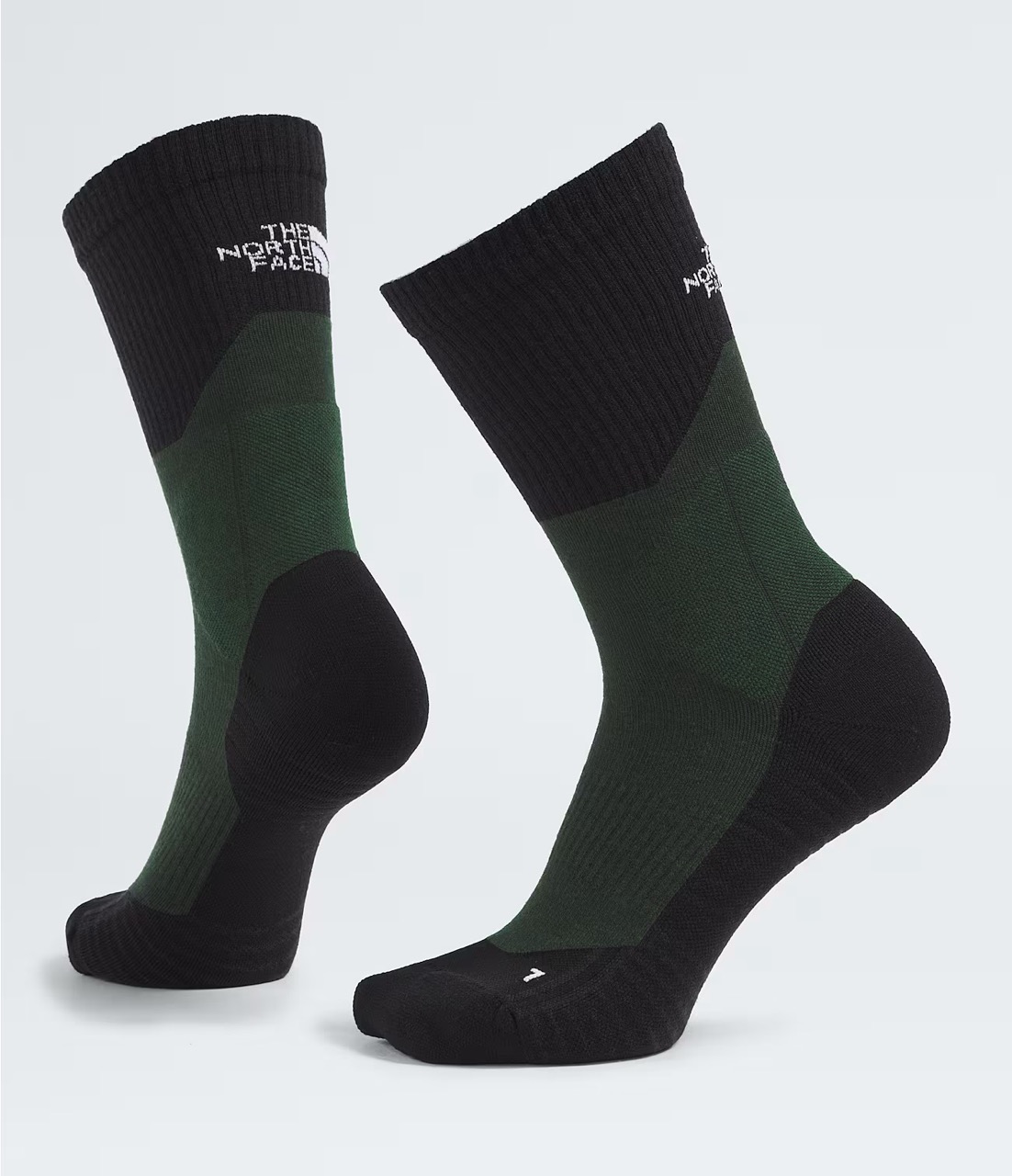 Normal Socks
Normal Socks
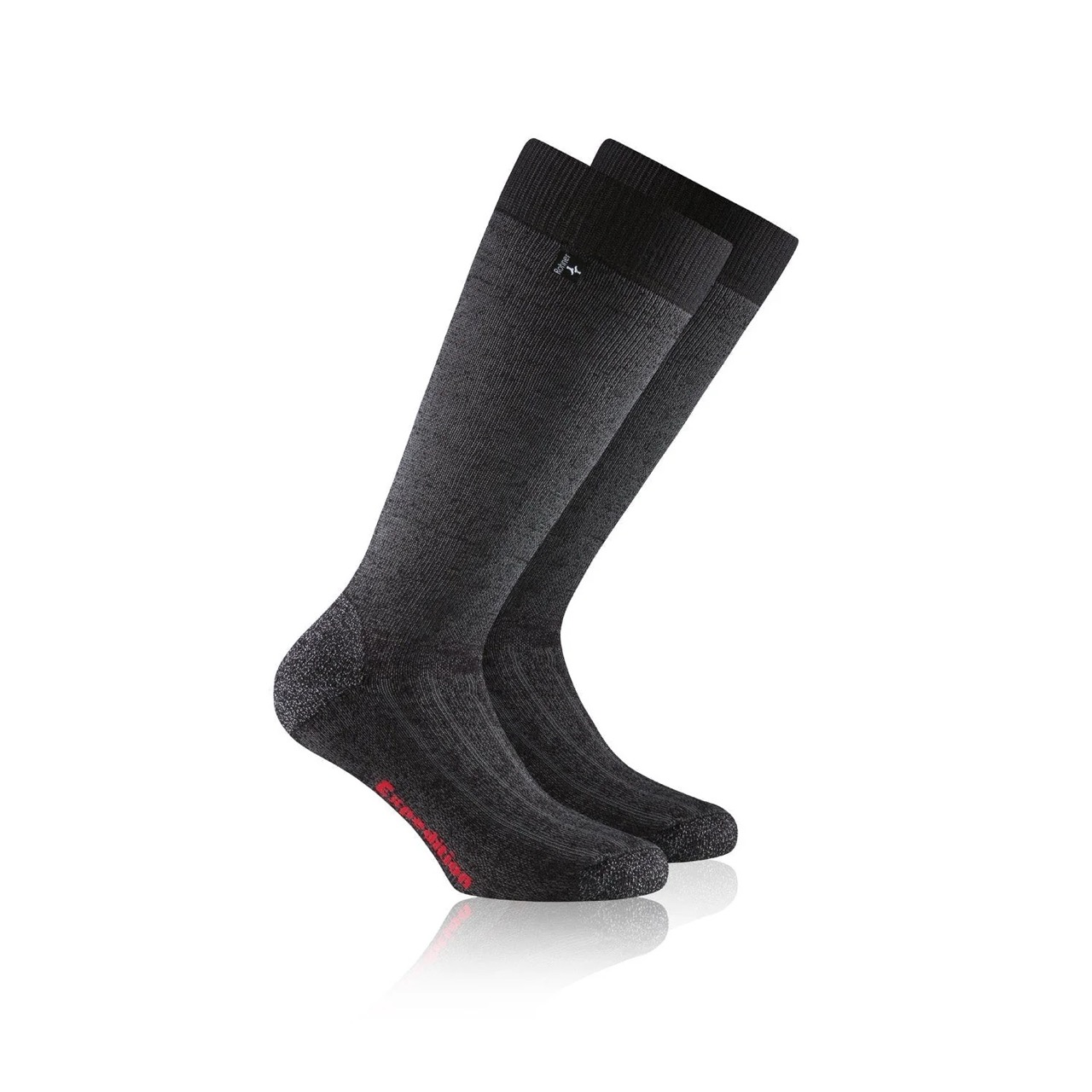 Summit Socks
Summit Socks
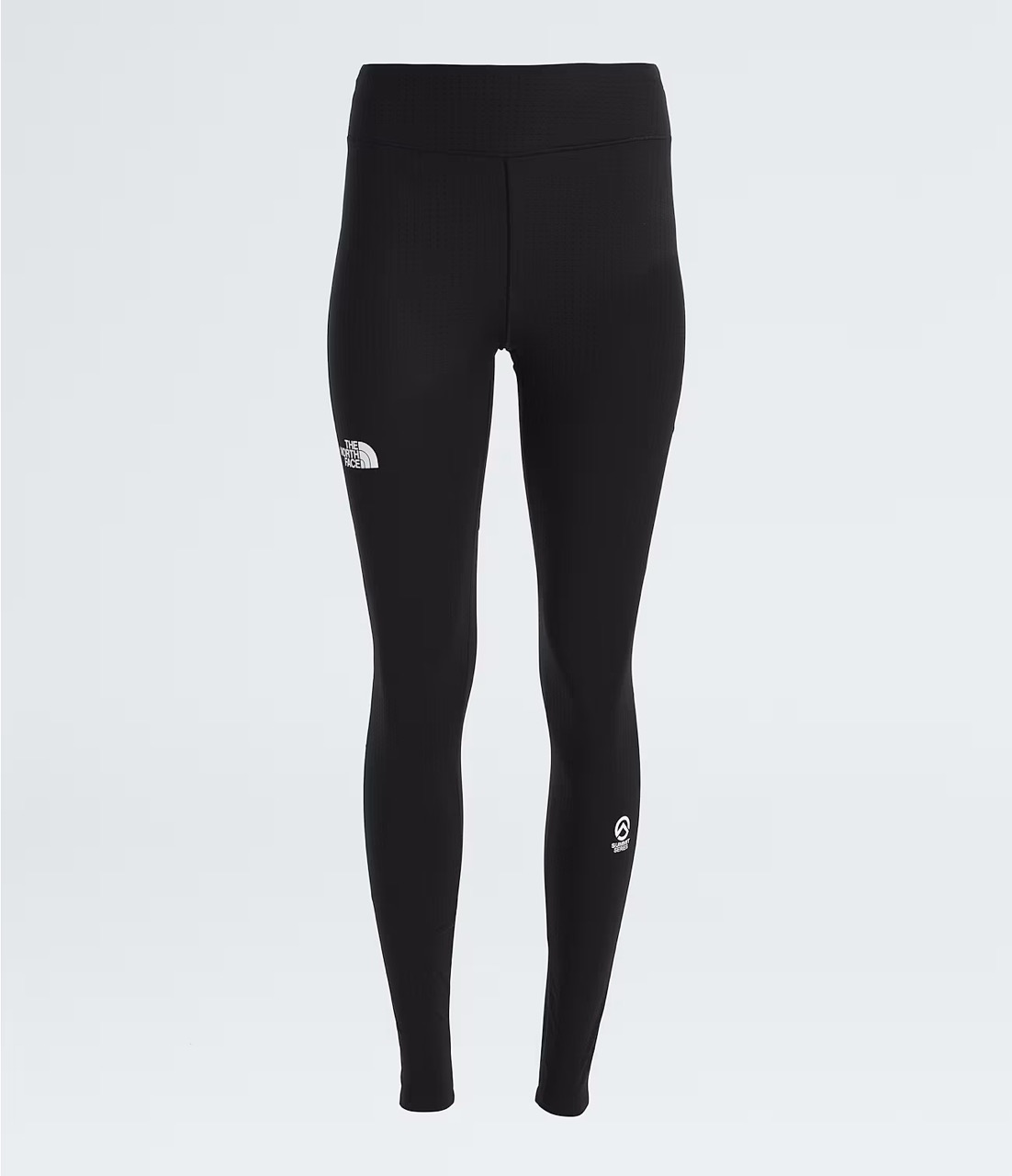 Thermal Bottom Base Layer
Thermal Bottom Base Layer
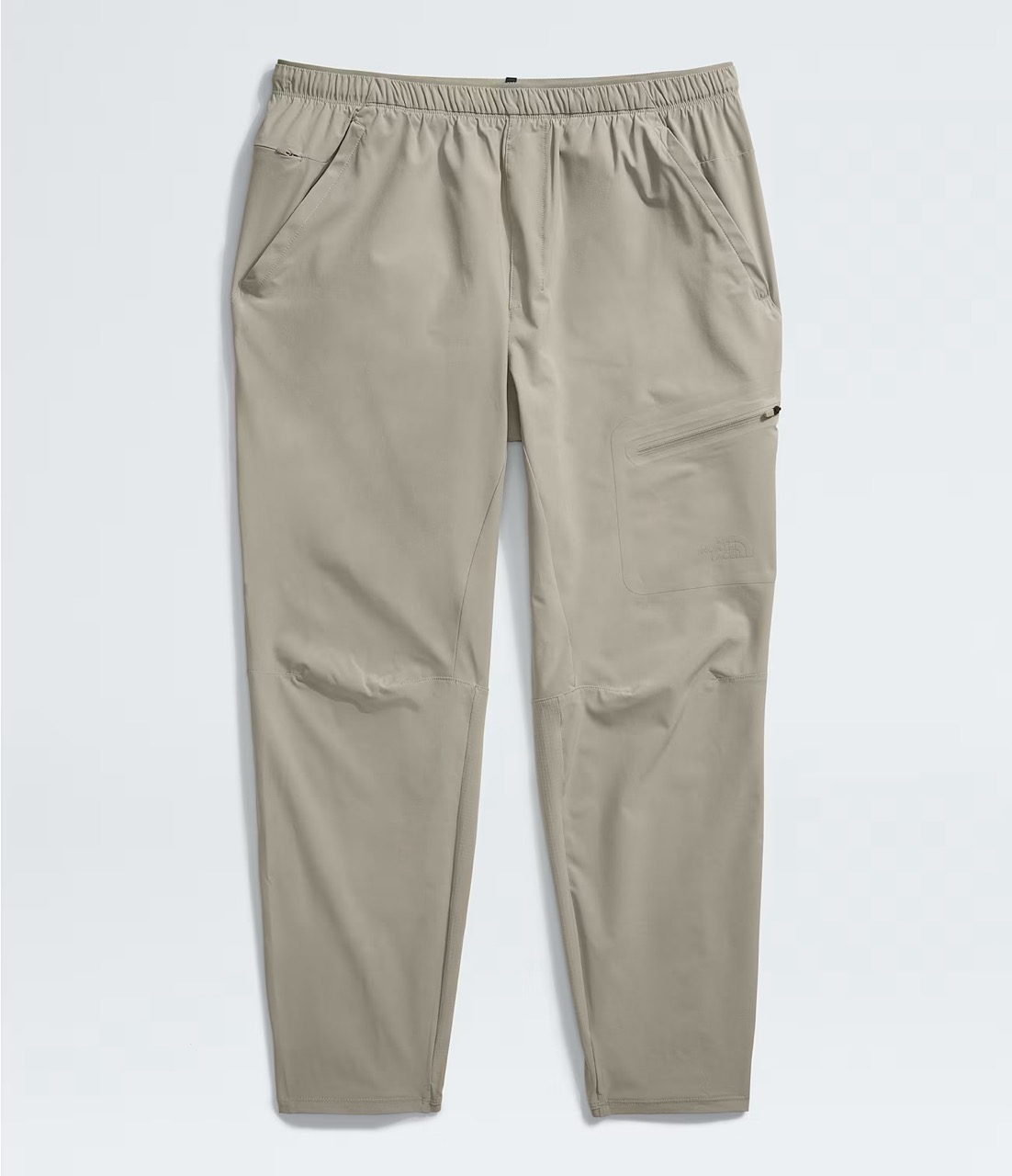 Trekking Pant
Trekking Pant
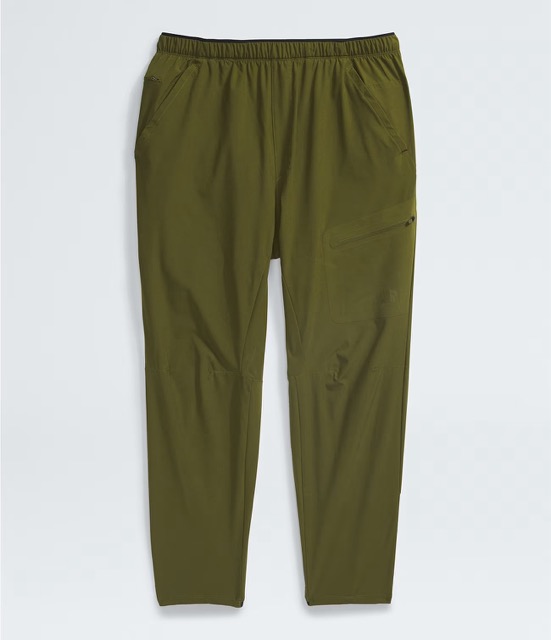 Trekking Pants
Trekking Pants
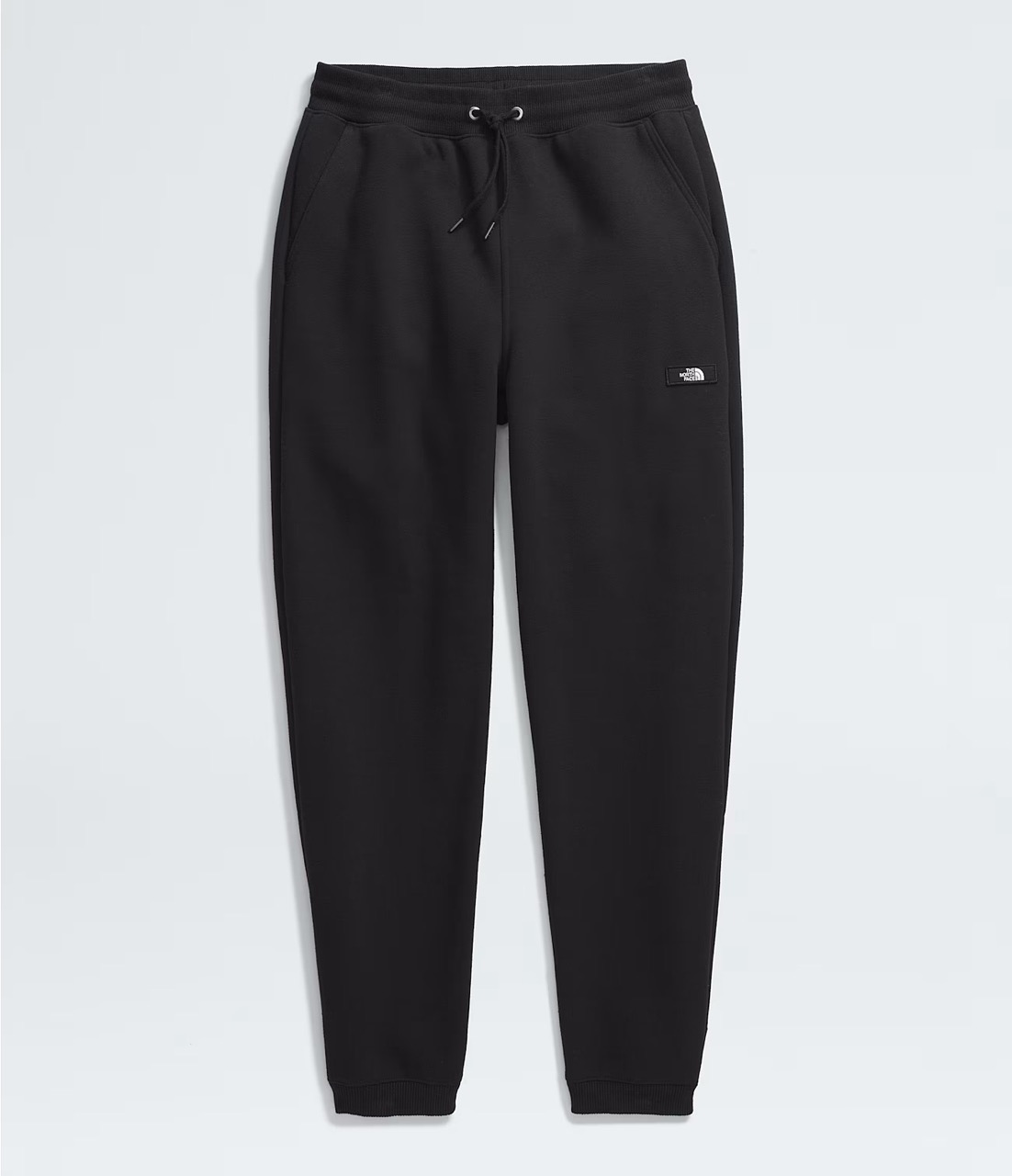 Trowser
Trowser
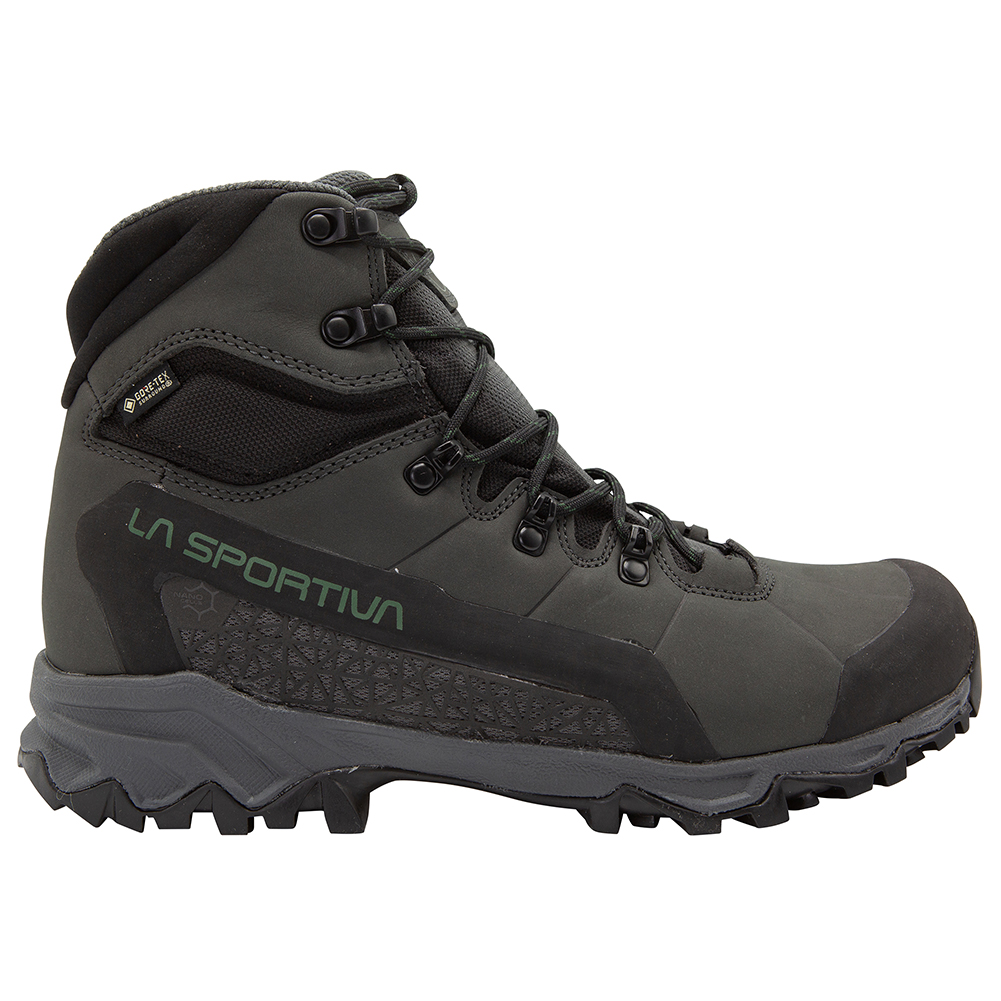 Trekking Shoes
Trekking Shoes
 Under Wear
Under Wear
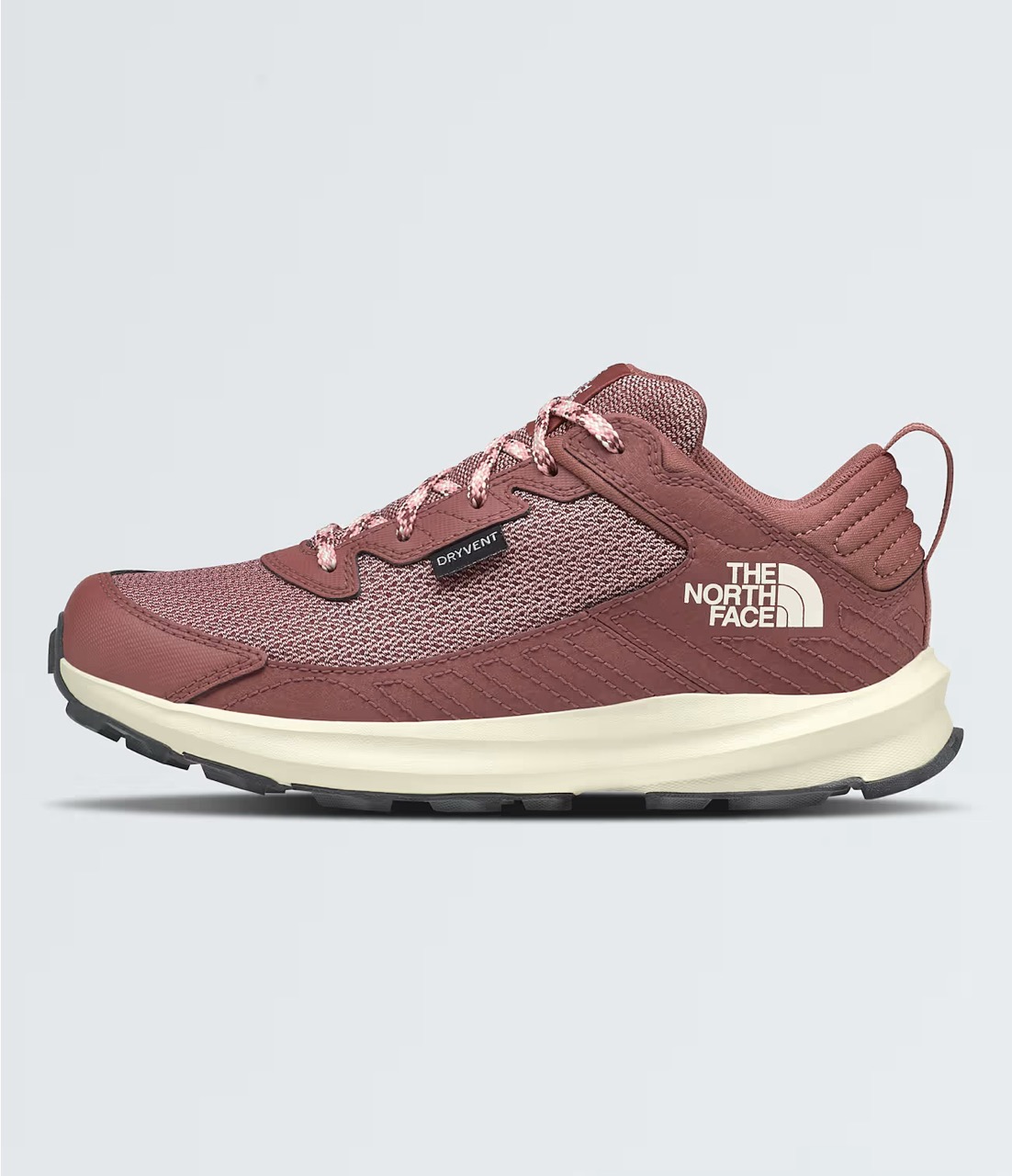 Sport Shoes
Sport Shoes
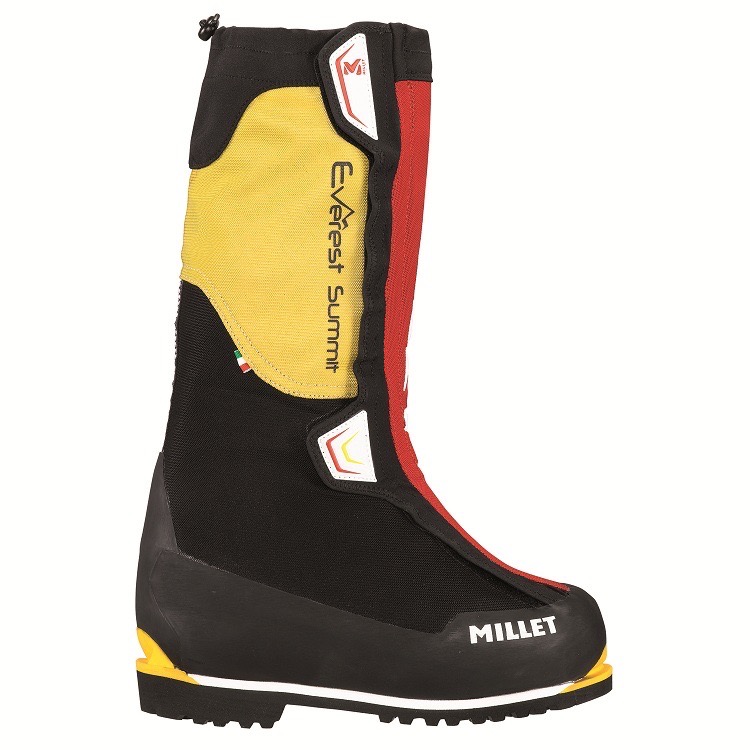 Summit Boot - 8000m
Summit Boot - 8000m
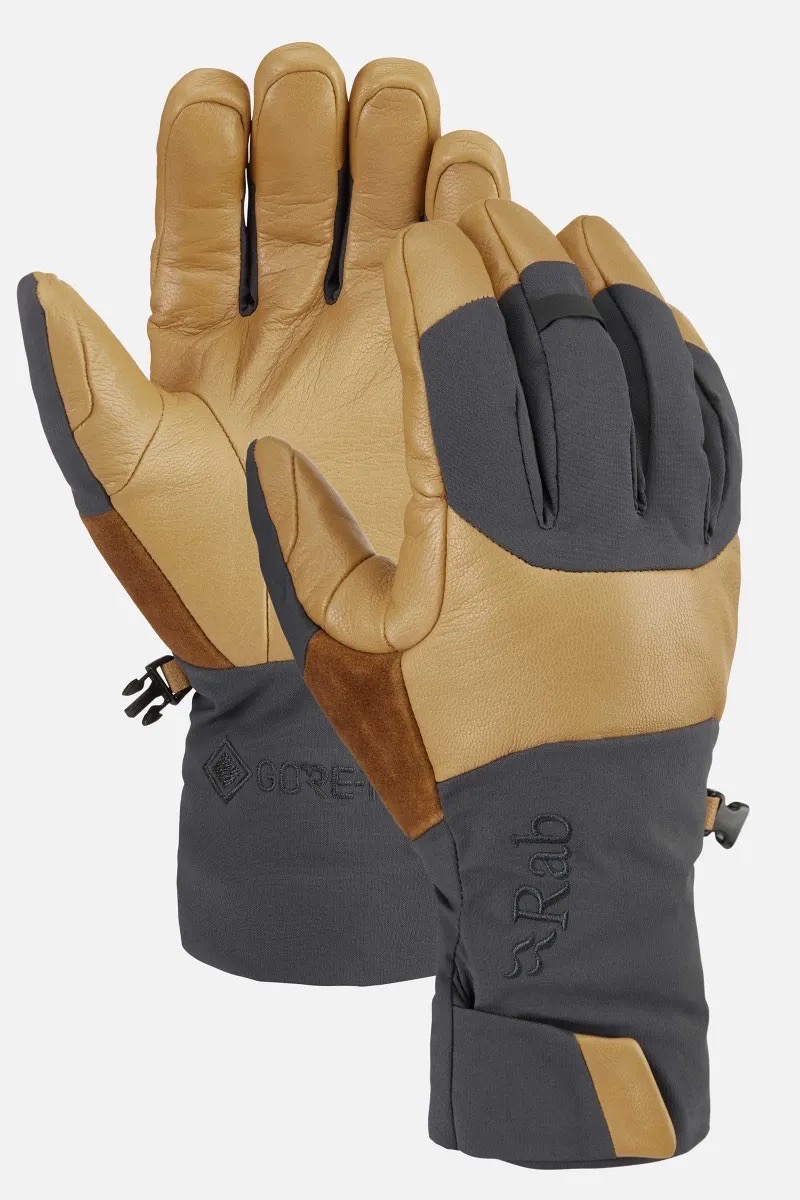 Heavy Gloves(Guide)
Heavy Gloves(Guide)
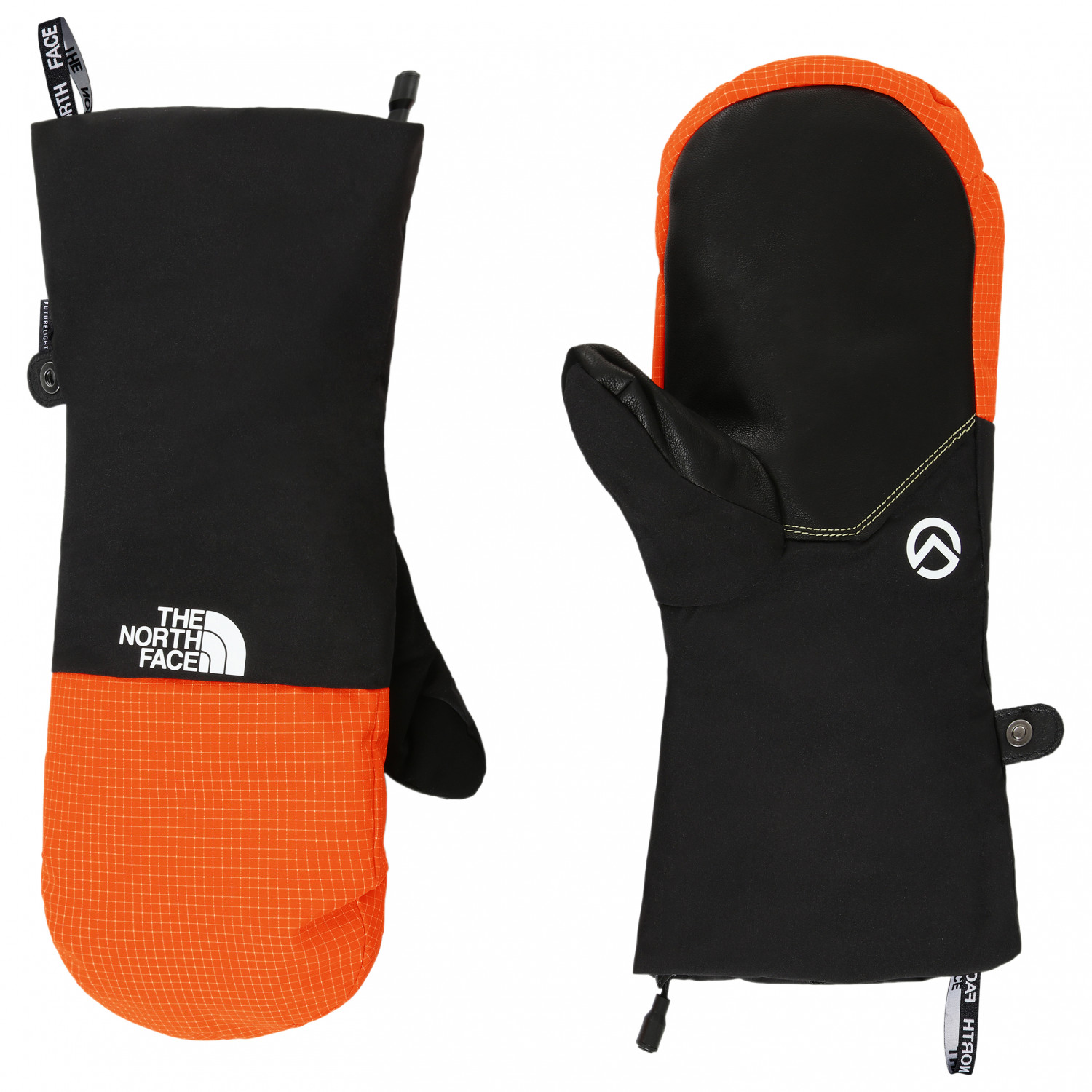 Summit Gloves
Summit Gloves
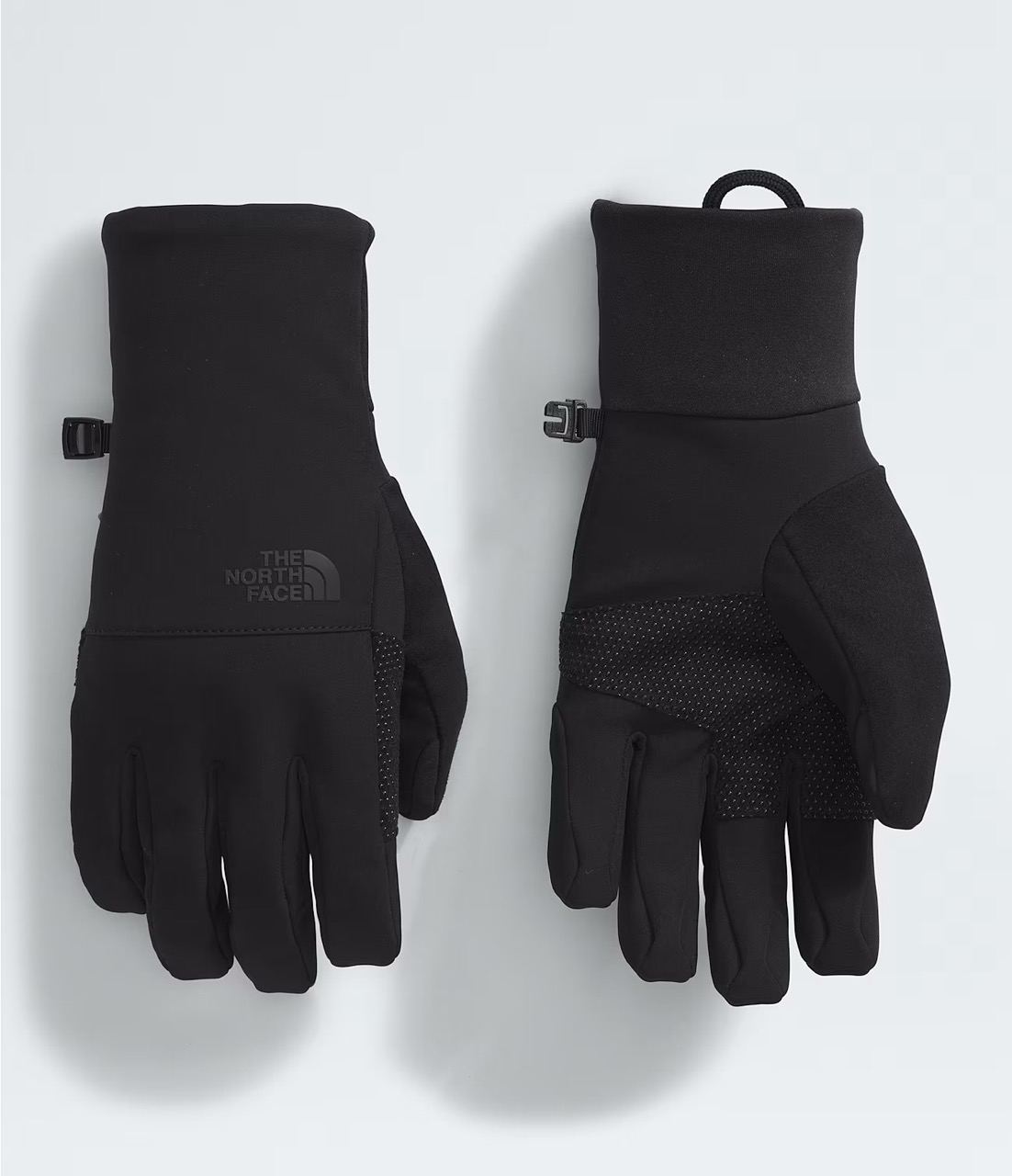 Wind Stopper Gloves
Wind Stopper Gloves
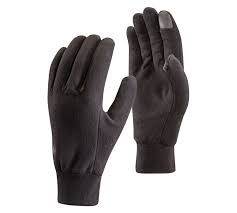 Thin Fleece Gloves
Thin Fleece Gloves
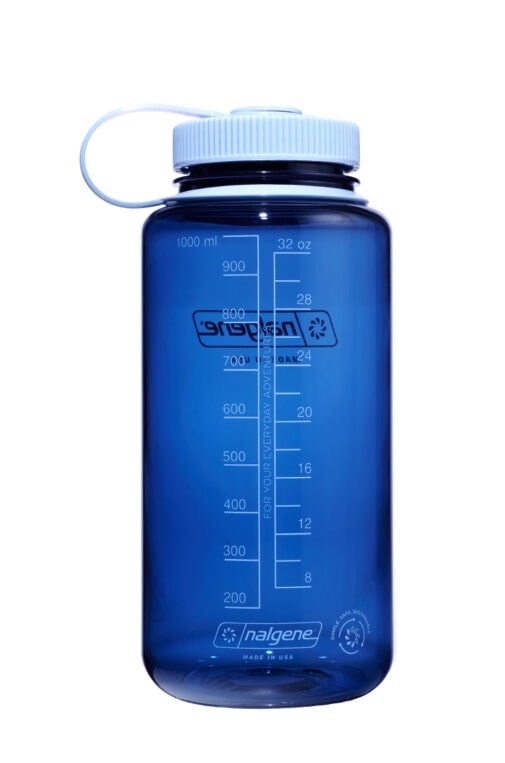 Water bottle
Water bottle
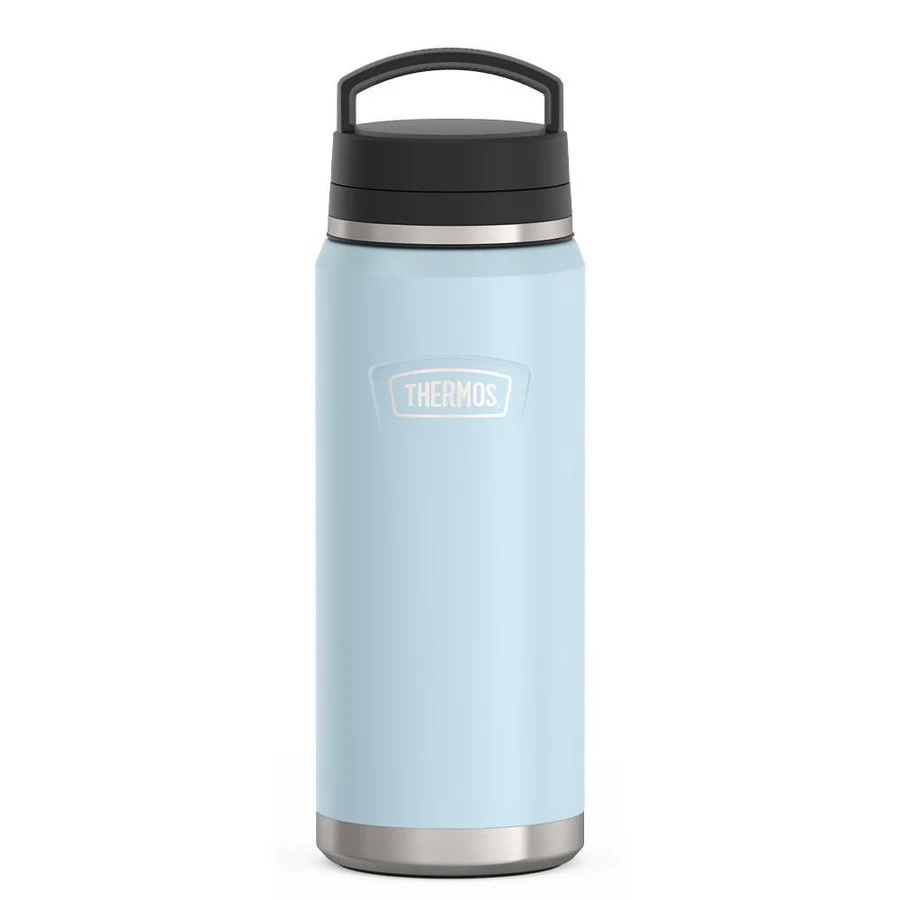 Thermos
Thermos
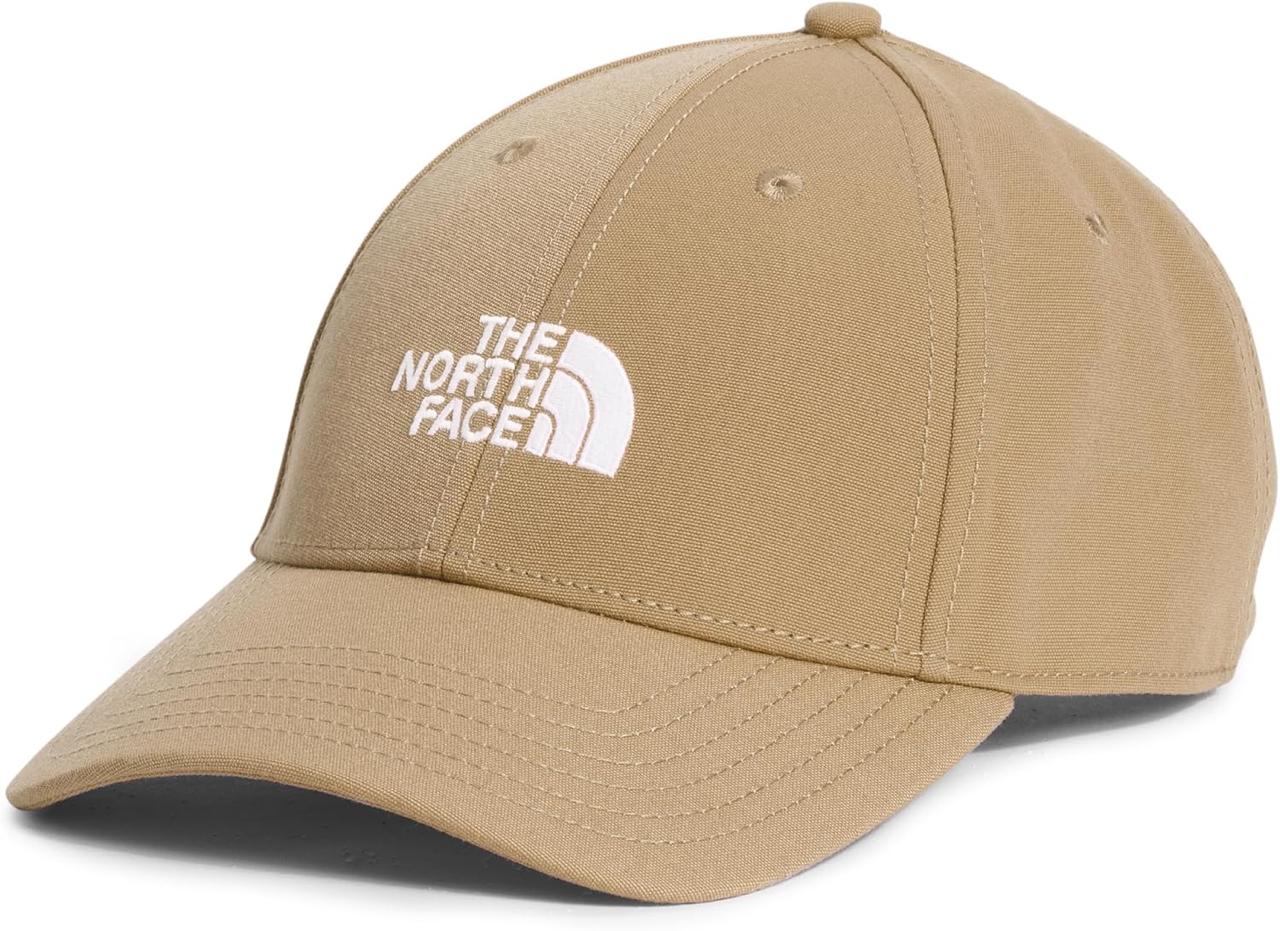 Sun Cap
Sun Cap
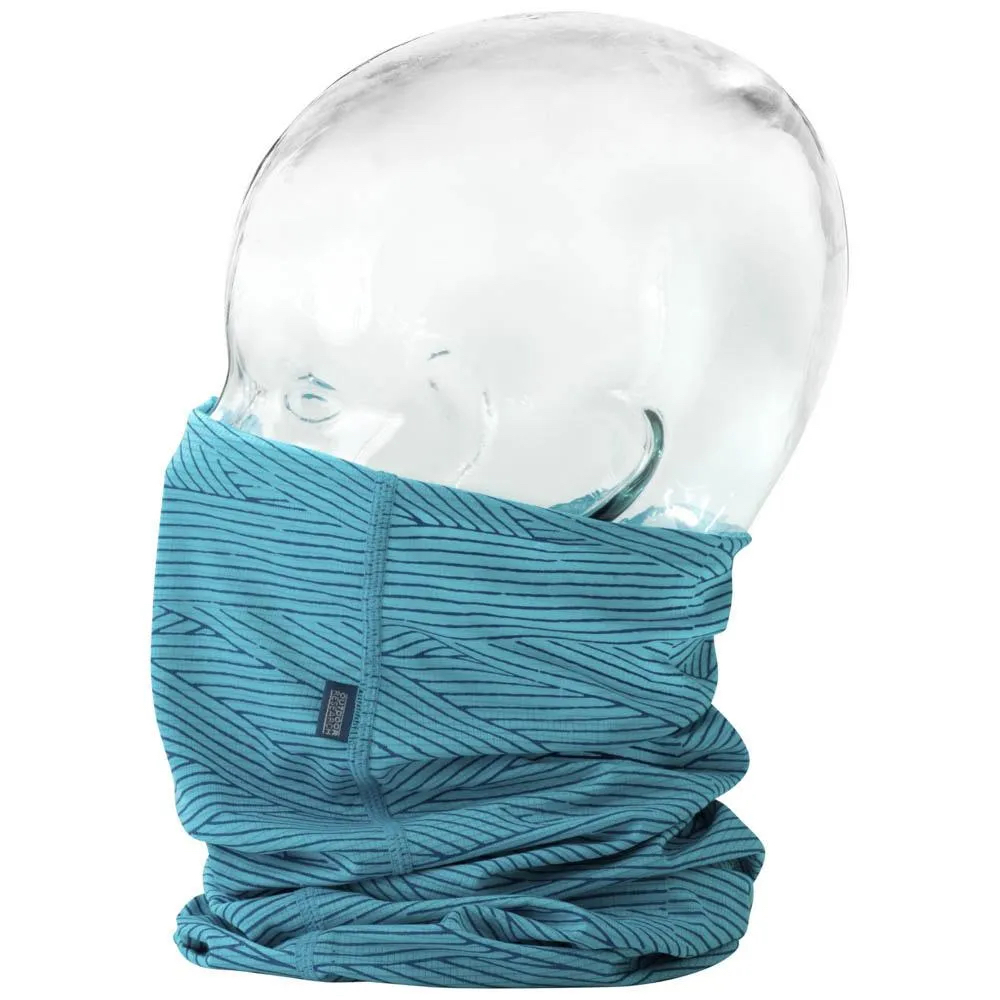 Neck Gaiter
Neck Gaiter
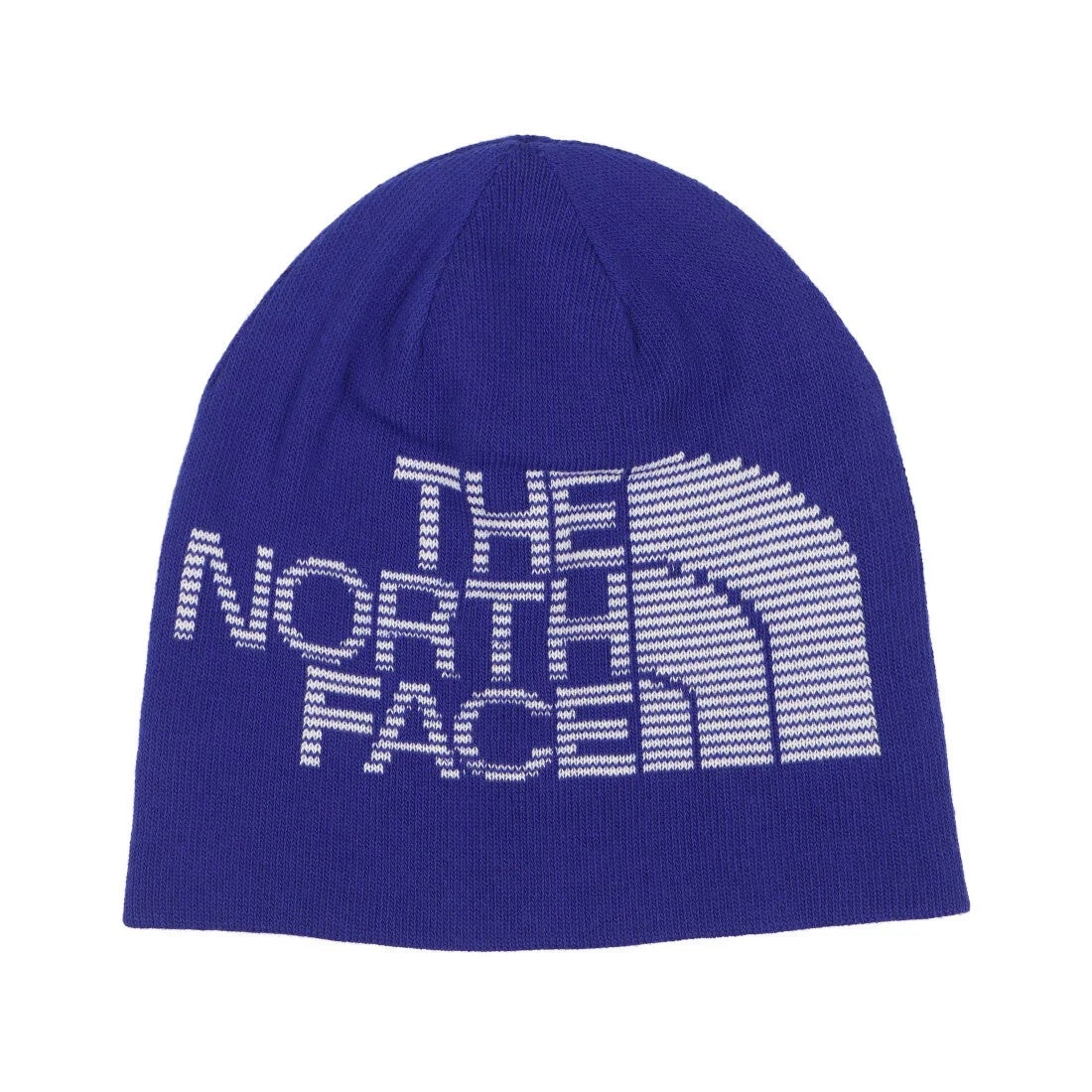 Fleece Hat/Warm Hat
Fleece Hat/Warm Hat
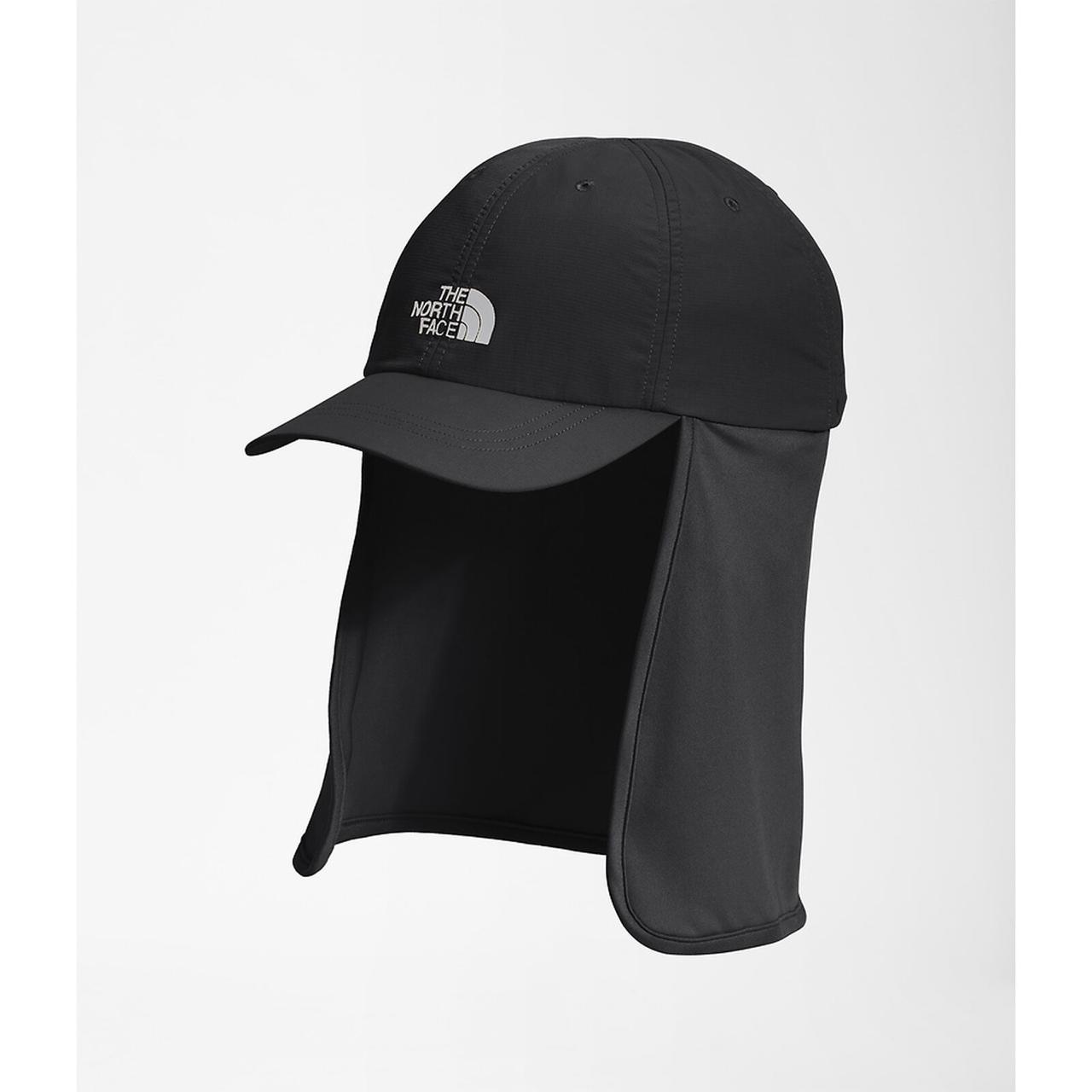 Desert Cap
Desert Cap
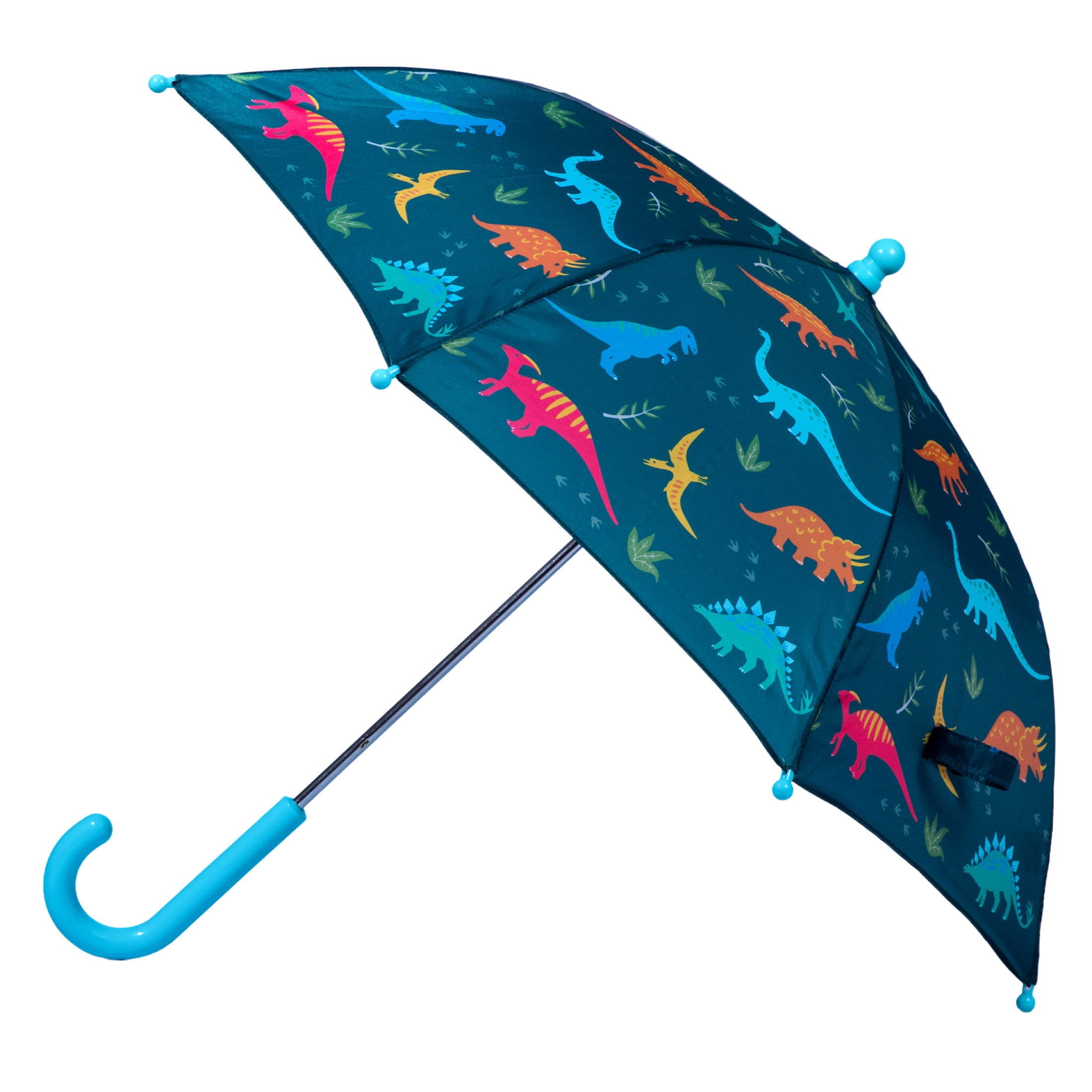 Umbrella/Rain Coat
Umbrella/Rain Coat
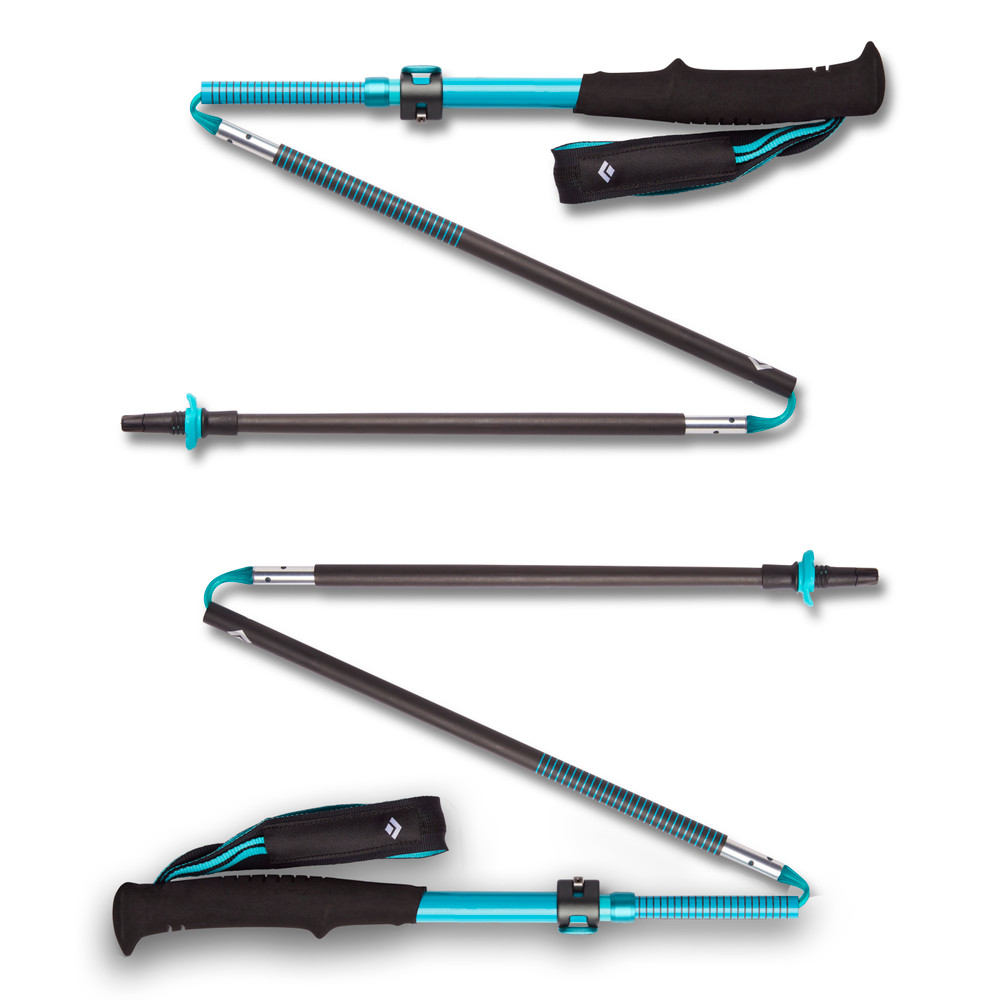 Trekking Pole
Trekking Pole
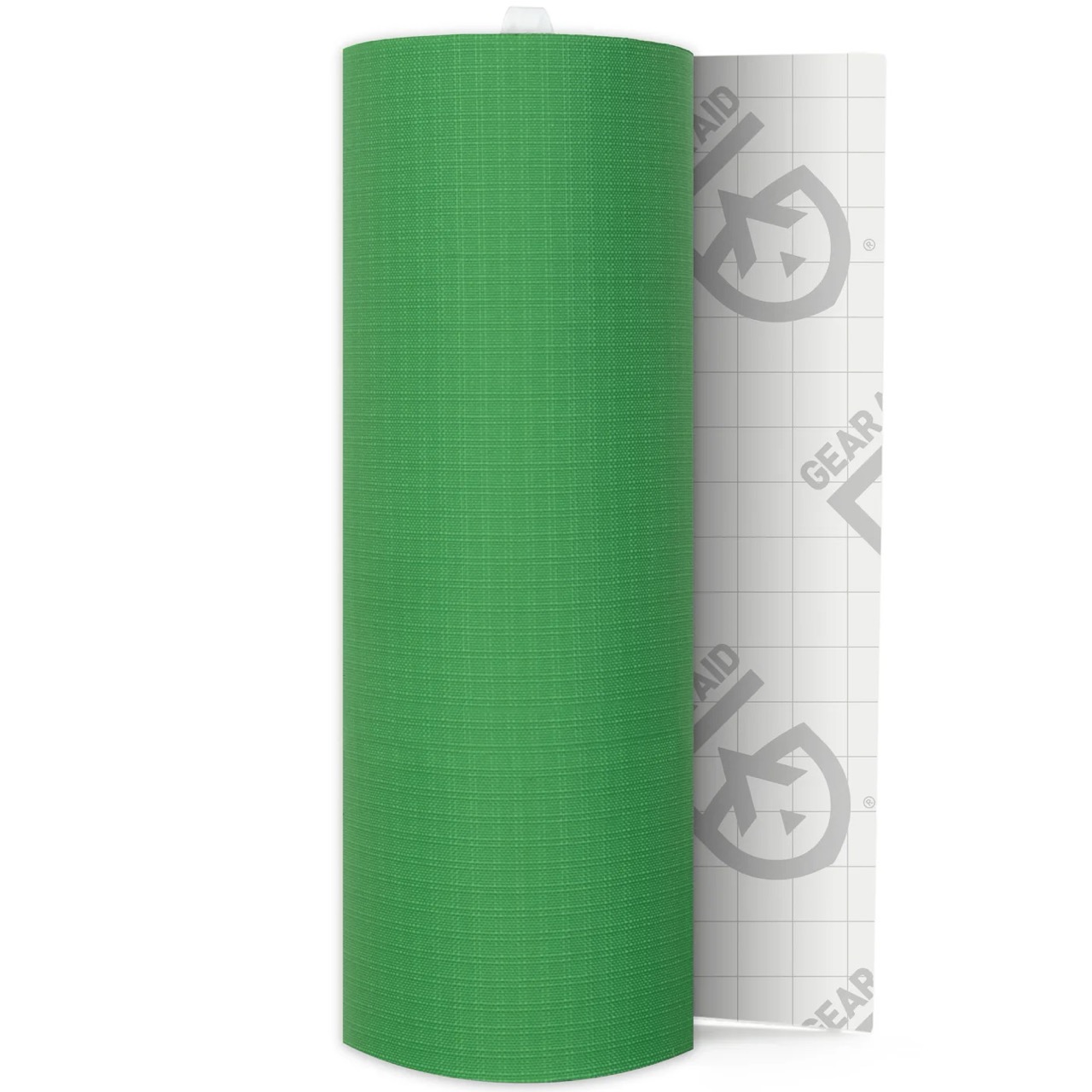 Tenacious Tape Repair
Tenacious Tape Repair
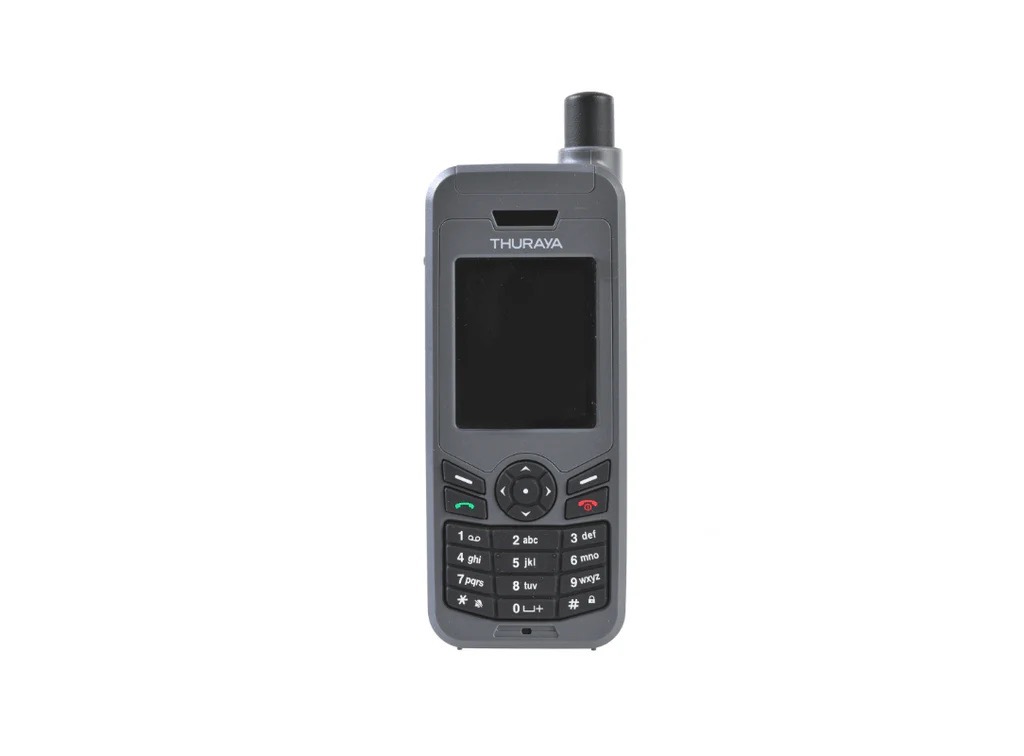 Satellite Phone(Optional)
Satellite Phone(Optional)
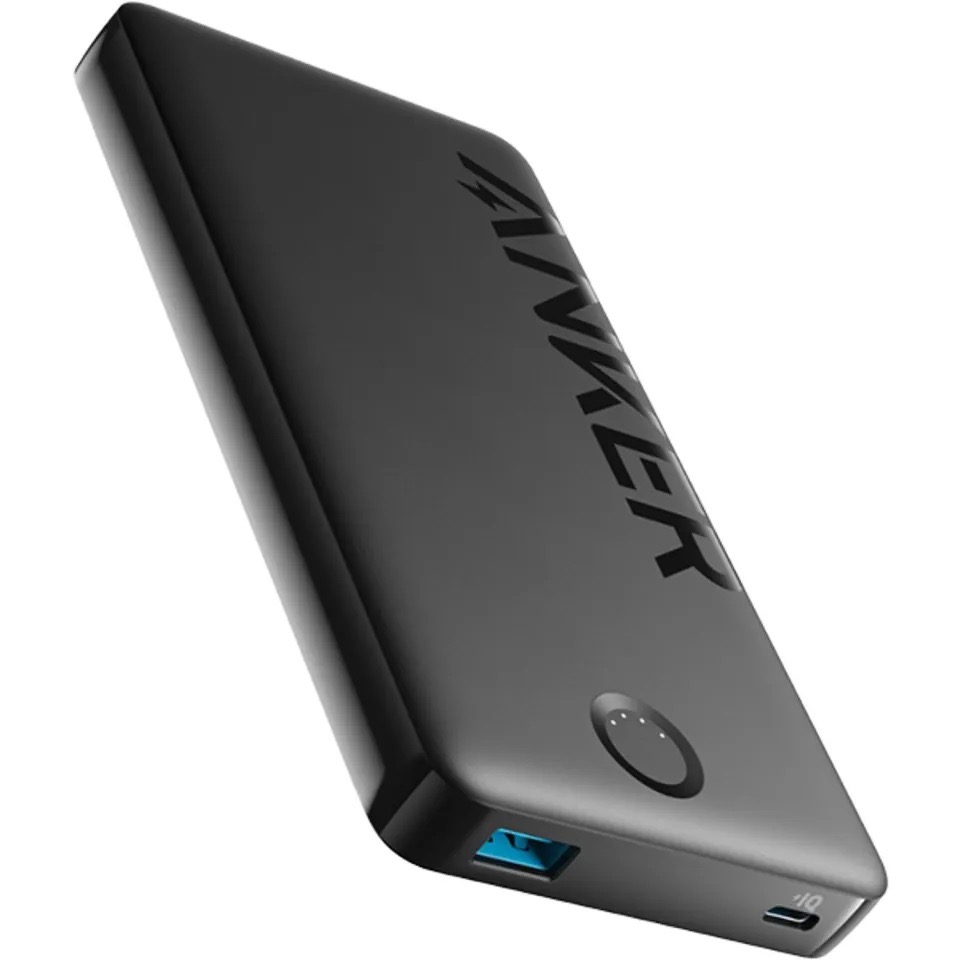 Power Bank
Power Bank
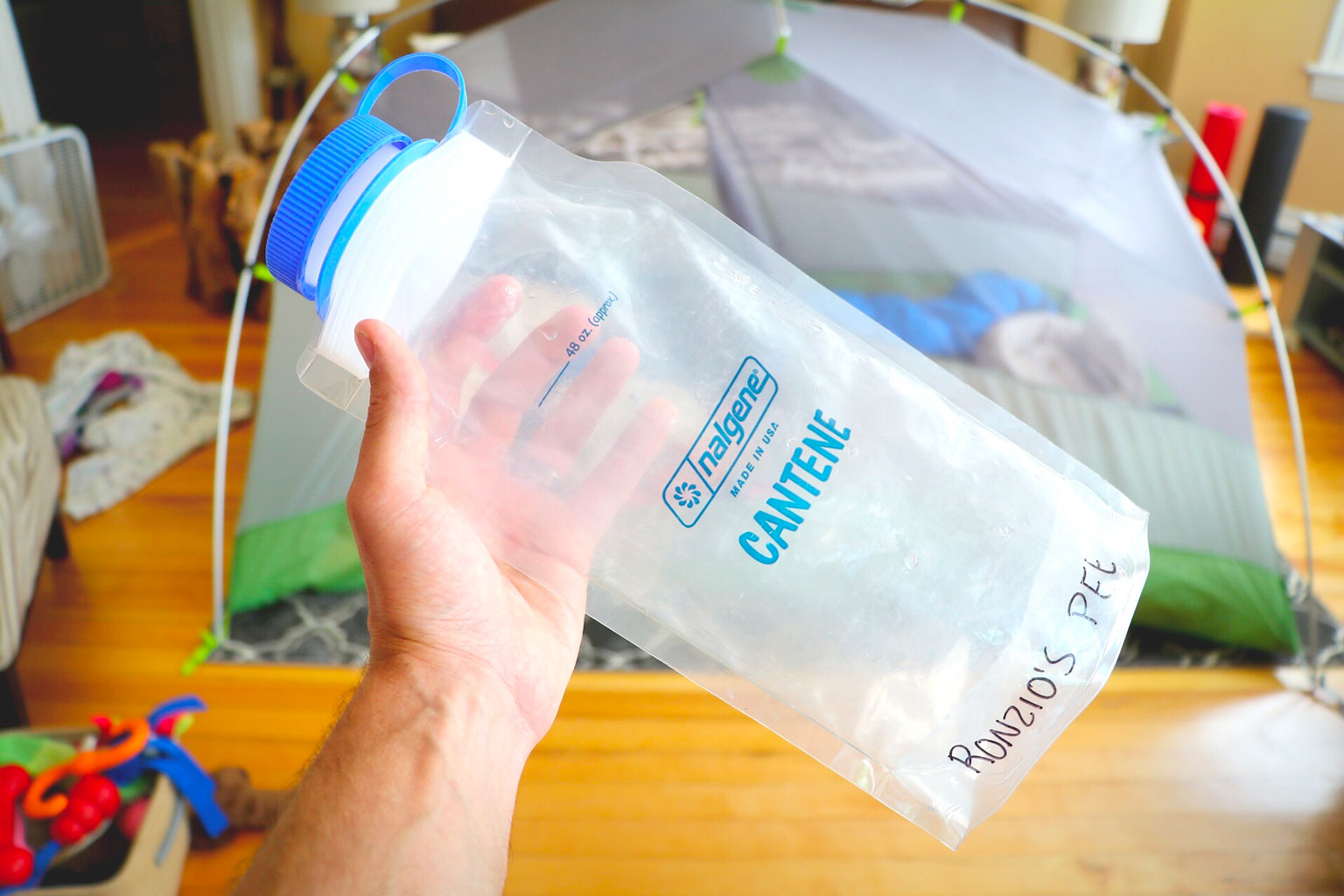 Pee Bottle
Pee Bottle
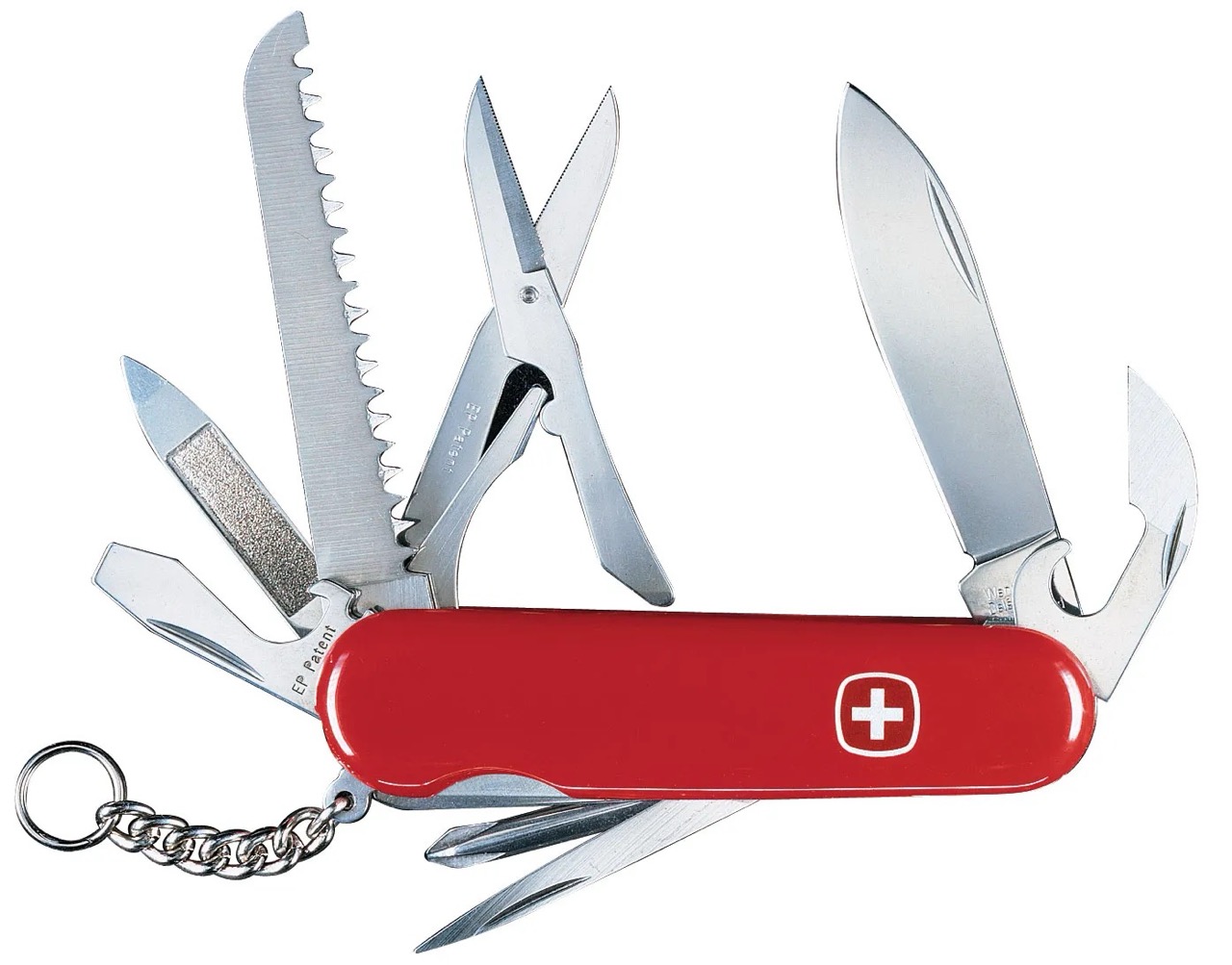 Pocket Knife
Pocket Knife
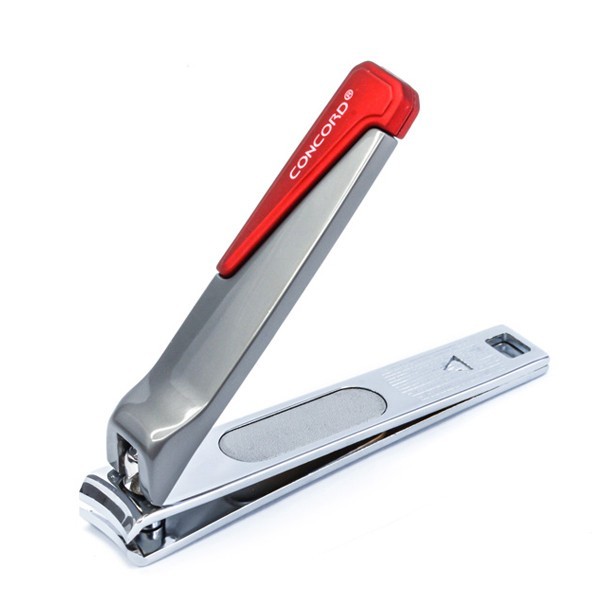 Nail Cutter
Nail Cutter
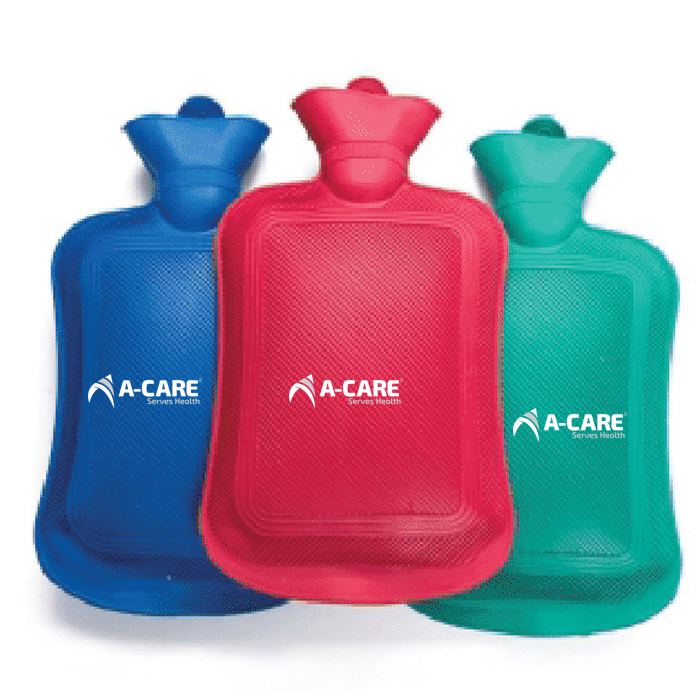 Hot Water Bag
Hot Water Bag
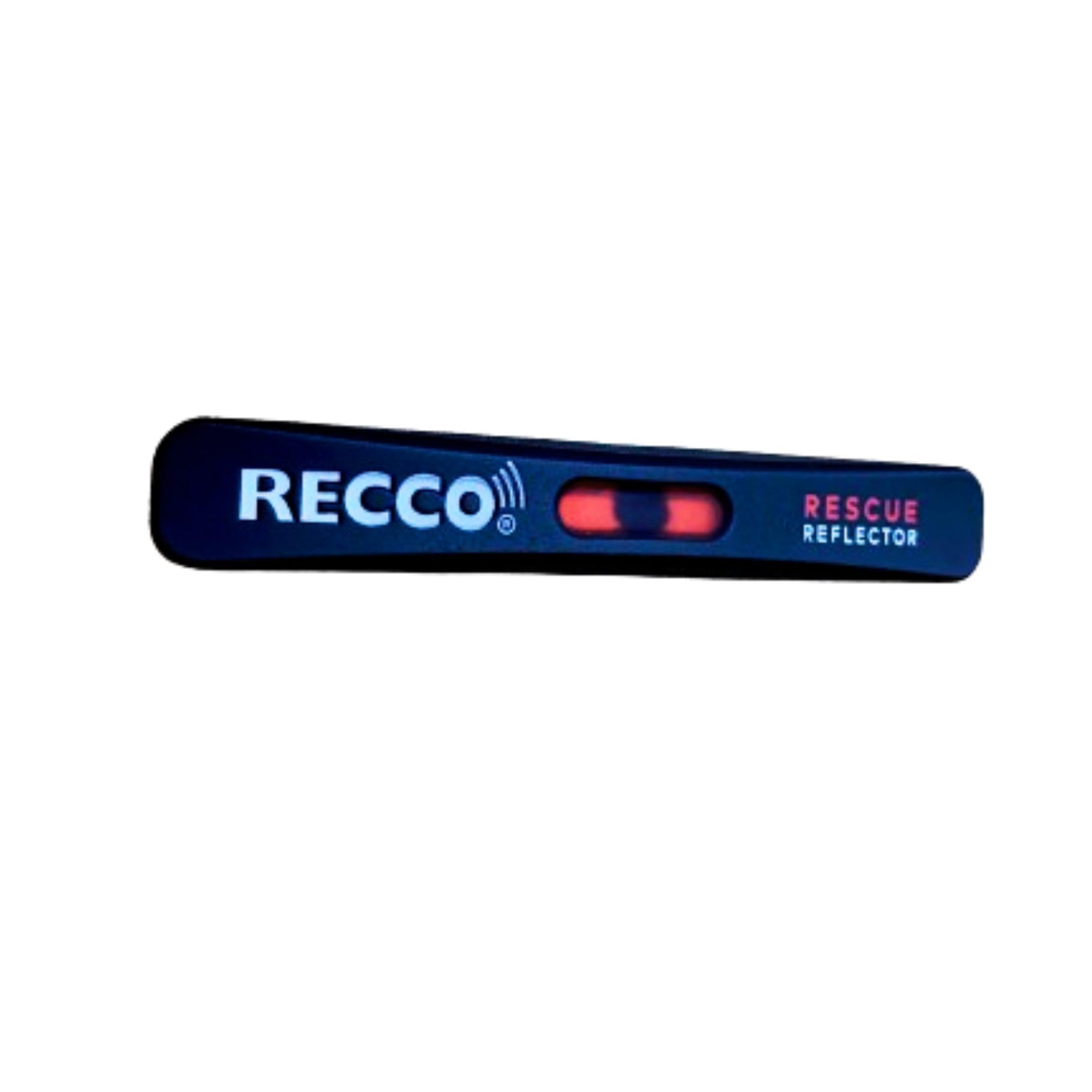 GPS Tracker
GPS Tracker
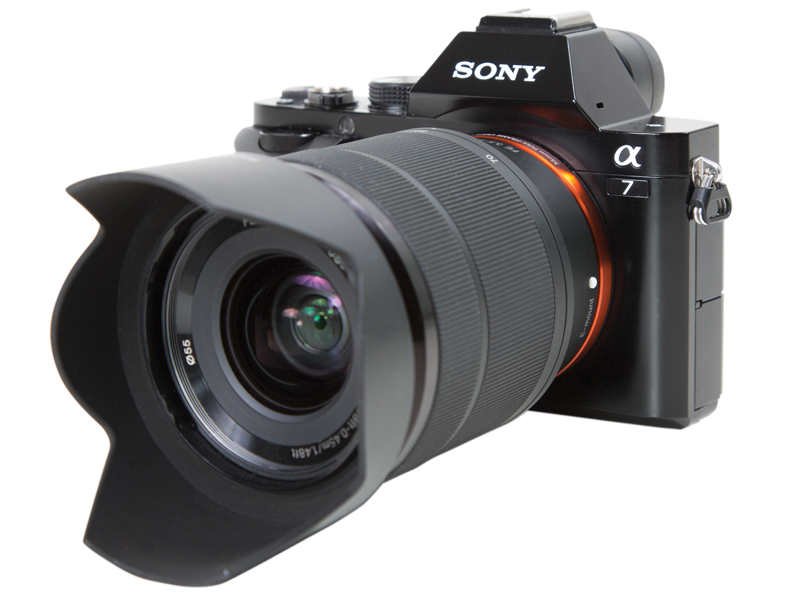 Camera
Camera
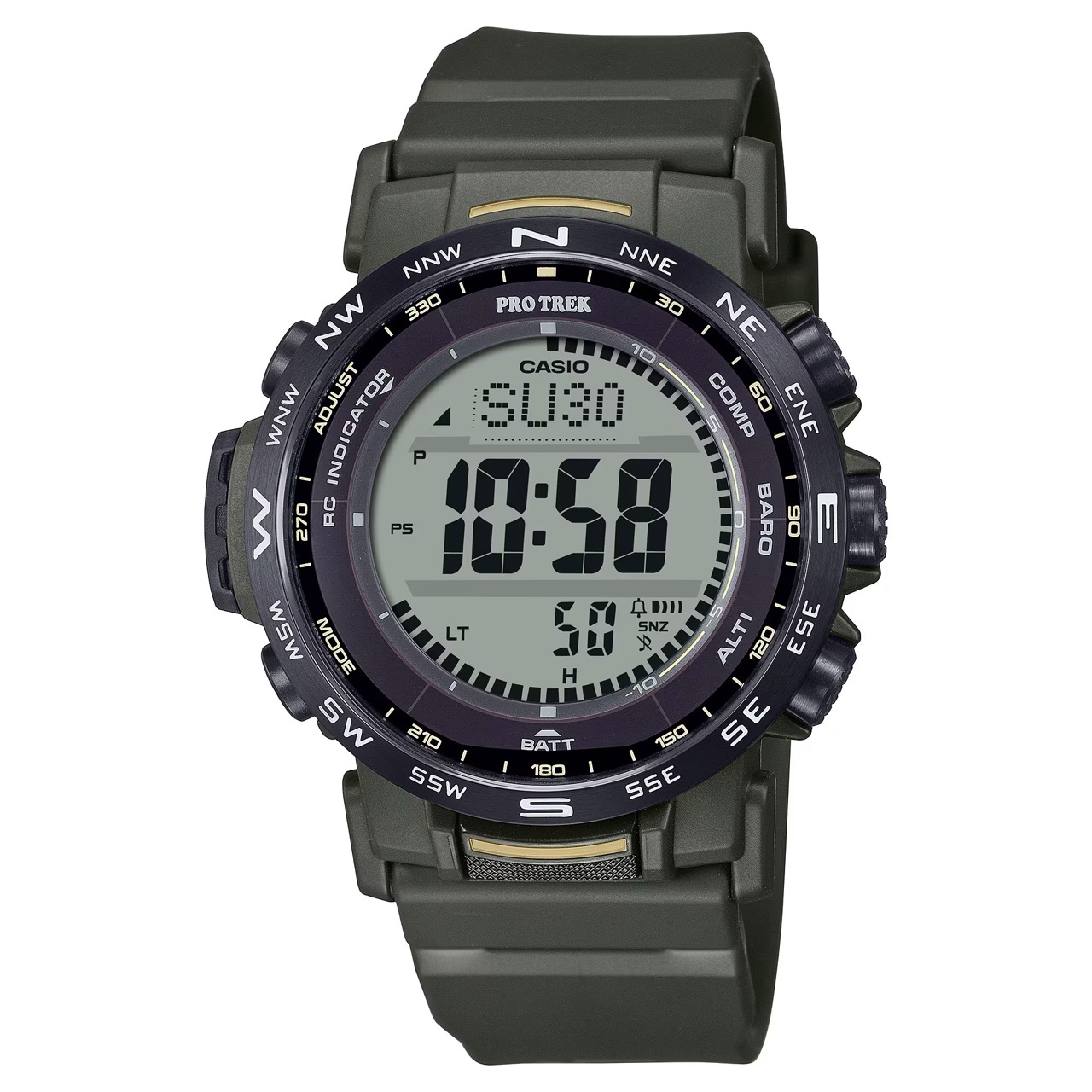 Altimeter Watch
Altimeter Watch
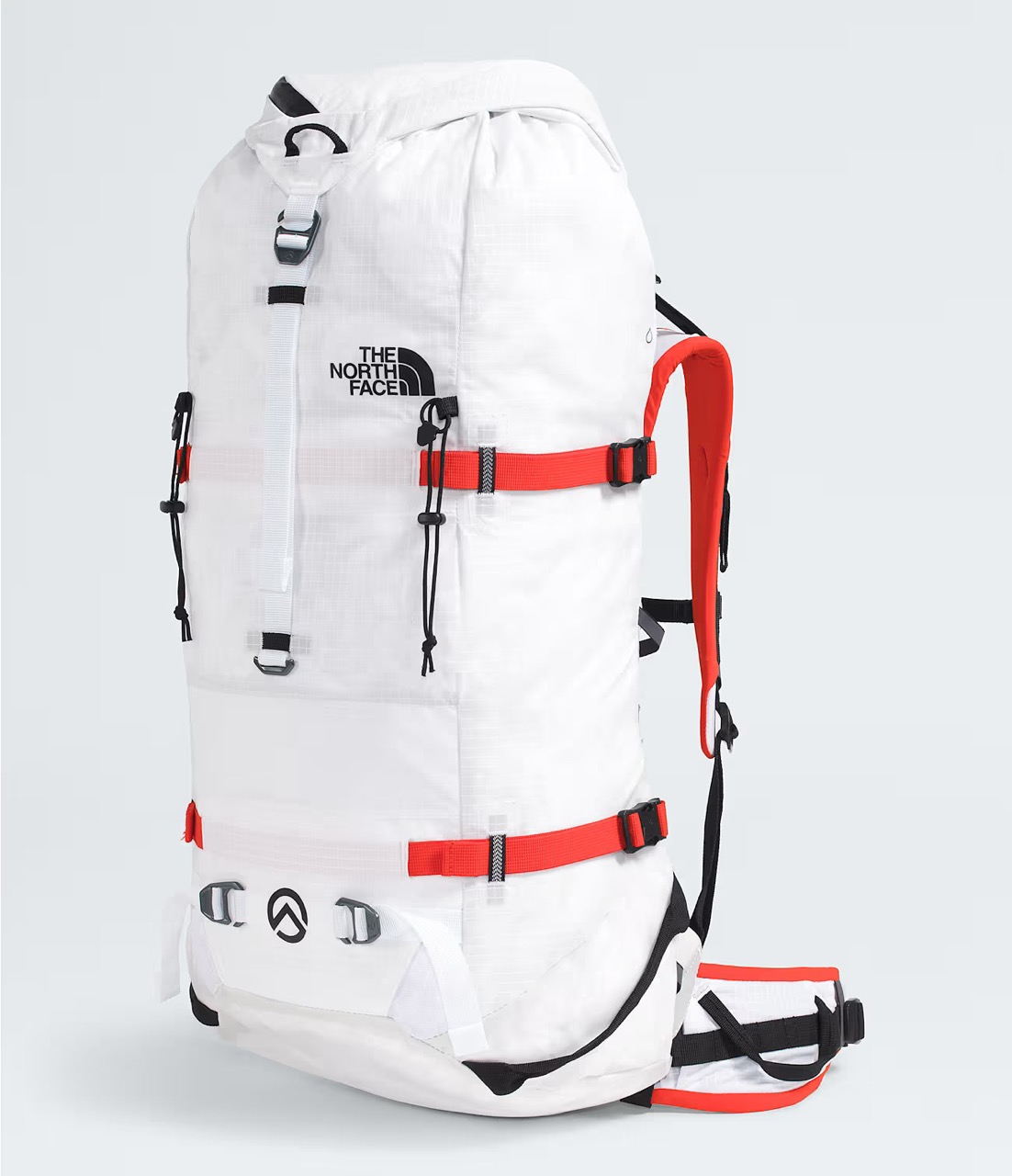 Rucksack 35L-50L
Rucksack 35L-50L
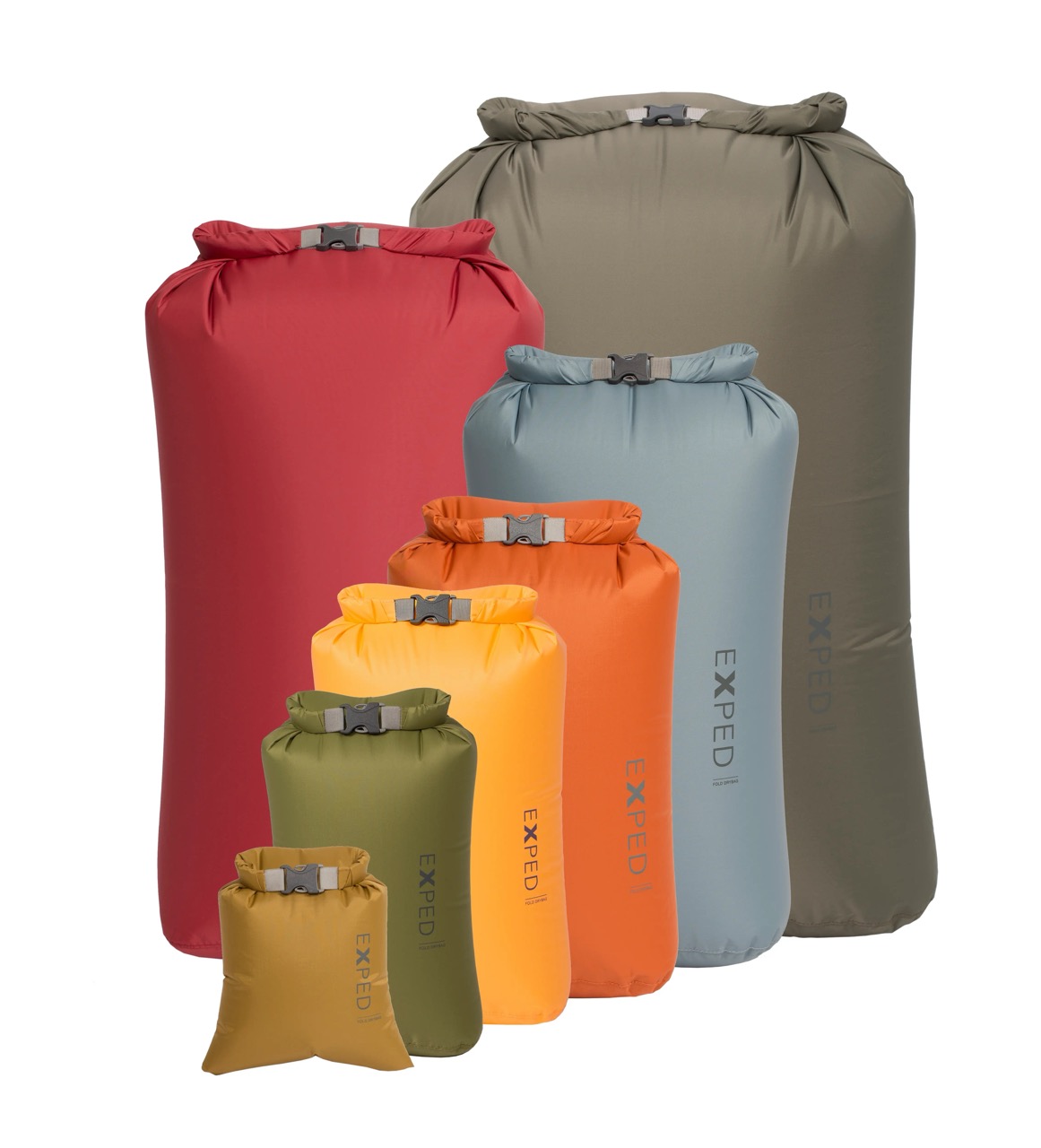 Dry Bags
Dry Bags
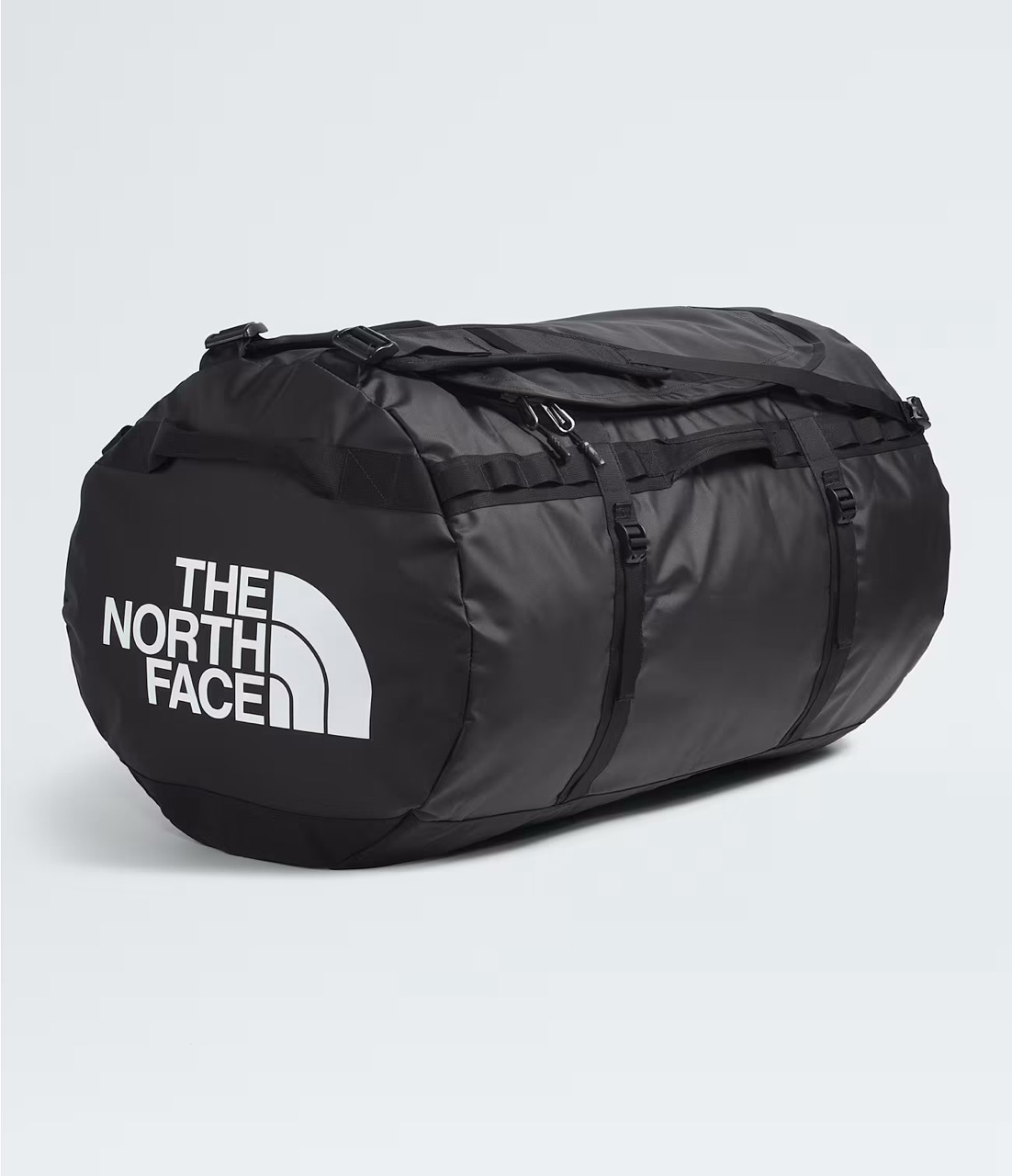 Duffle Bag
Duffle Bag




